Workshops
We are super excited to announce the workshops that will take place in EASA Rhizome!
The workshops are the main part of the EASA programme, with most of the
day-time allocated to them. Through the two week long workshops the participants engage with the local context and the theme Rhizome. All the workshops are in one way or another linked to the main theme of the event.
Below you can read the abstracts of this year’s workshops.
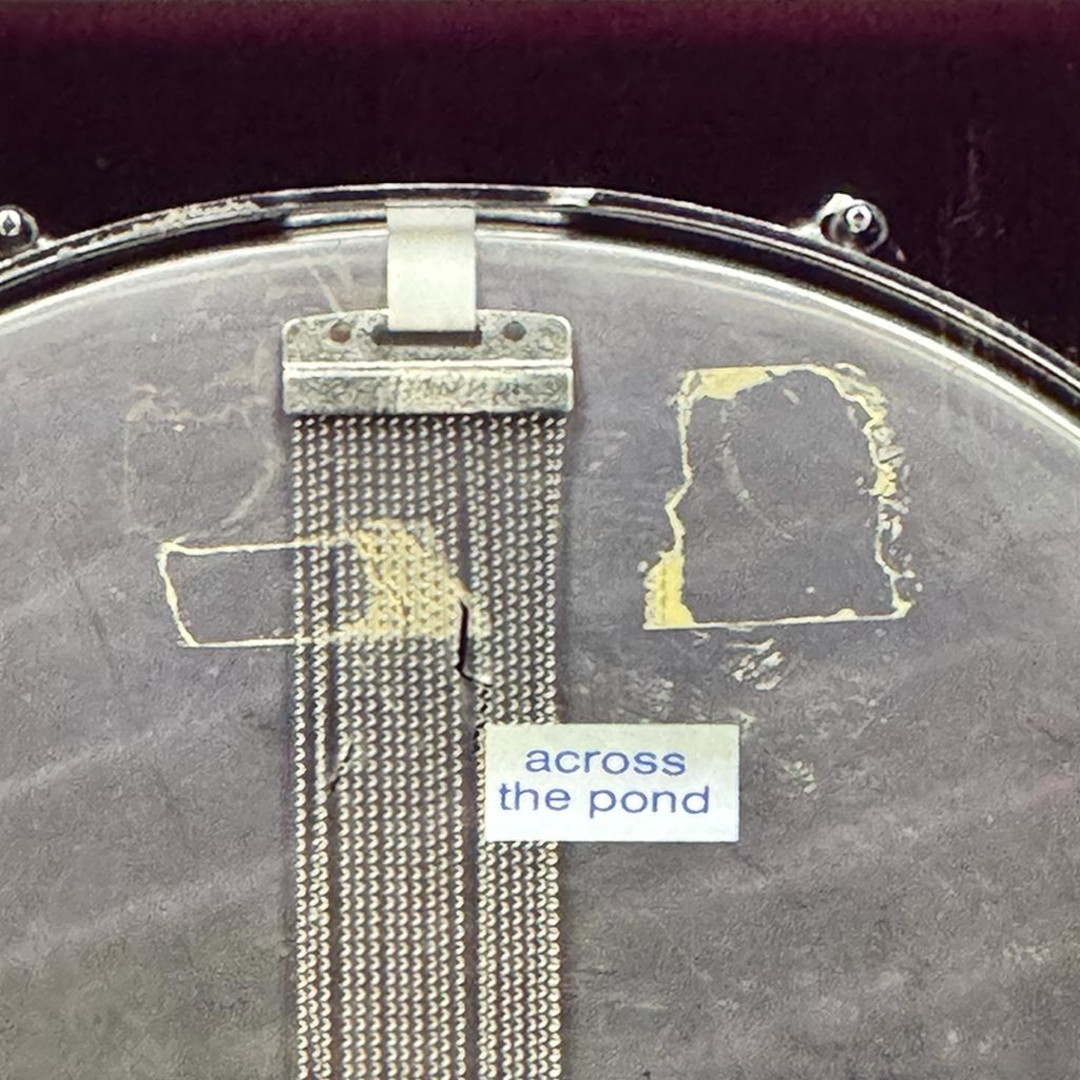
AcrossThePond
Tutors: Defne Kisinbay, Defne Yuan Ozdenoren, Sakura Izaki-Lee, Ata Gonul, Niko Brewster
AcrossThePond will make drums. Working with sounds produced from Savonlinna’s environment, we will let this process guide our thinking on case studies covering ideas of material histories and post-imperialism, while aiming to produce ephemeral spatial experiences. By organizing in rhizomatic ways, this process will generate co-authored theory in an automatic fashion.
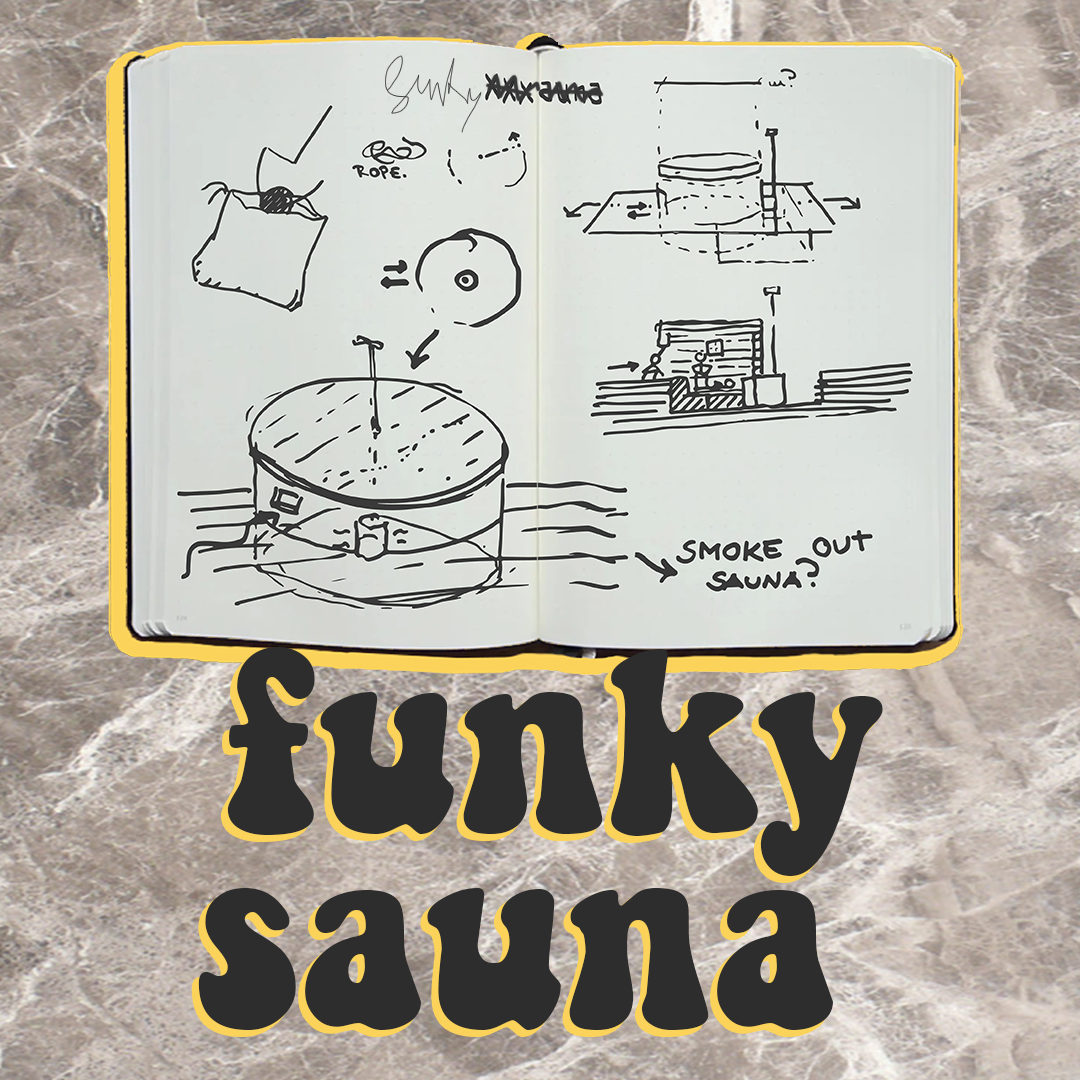
At the funky sauna
Tutors: Miguel Calvo, Olmo Soto, Daniel Alarcón Delgado
We want to build a sauna. And we want to do it dirty. We want to build it with dirt! at the funky sauna will consist of a first week of manual work and collaborative design, followed by a second week of enjoying sauna baths and correcting our own mistakes.
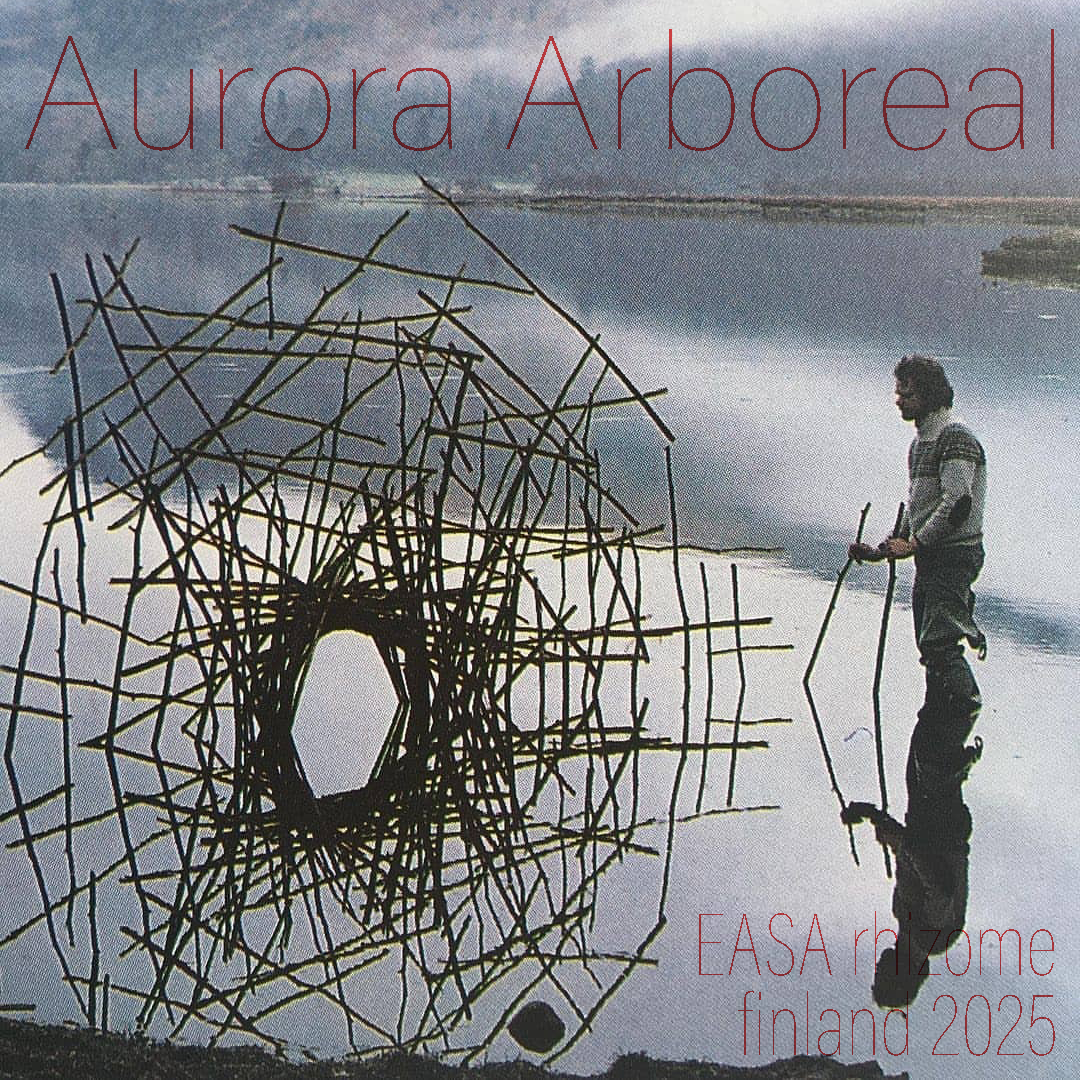
Aurora Arboreal
Tutors: Louie Levison, Linda Toven-Raganathan, Tim Webster, Wiebke Gude
In Aurora Arboreal, we will create a series of spatial installations that engage with and shape both natural and artificial environments. Taking inspiration from artists, architects, eco-feminism, and assemblage theory, we will use found and brought materials to create sculptural interventions that question our place within the surrounding Finnish ecosystem.
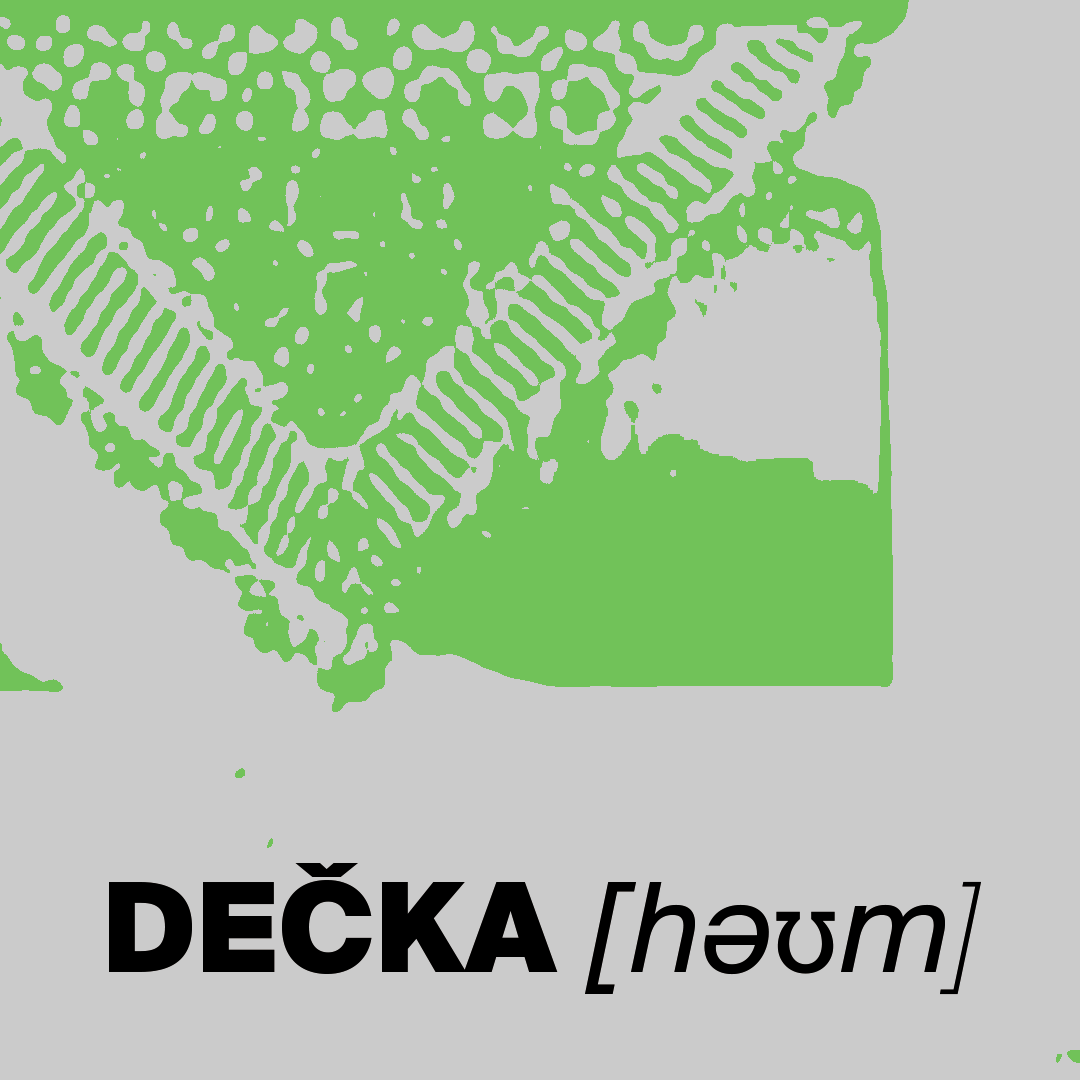
Dečka /həʊm/
Tutors: Zuzana Hančíková, Matej Krempaský
Europe faces a housing crisis preventing young people from becoming independent. This workshop explores financial speculation in housing and the role of architects, designers, and artists. The embroidered dečka becomes a symbol of belonging, allowing participants to reflect on their relationship with housing and explore alternative approaches to its perception.
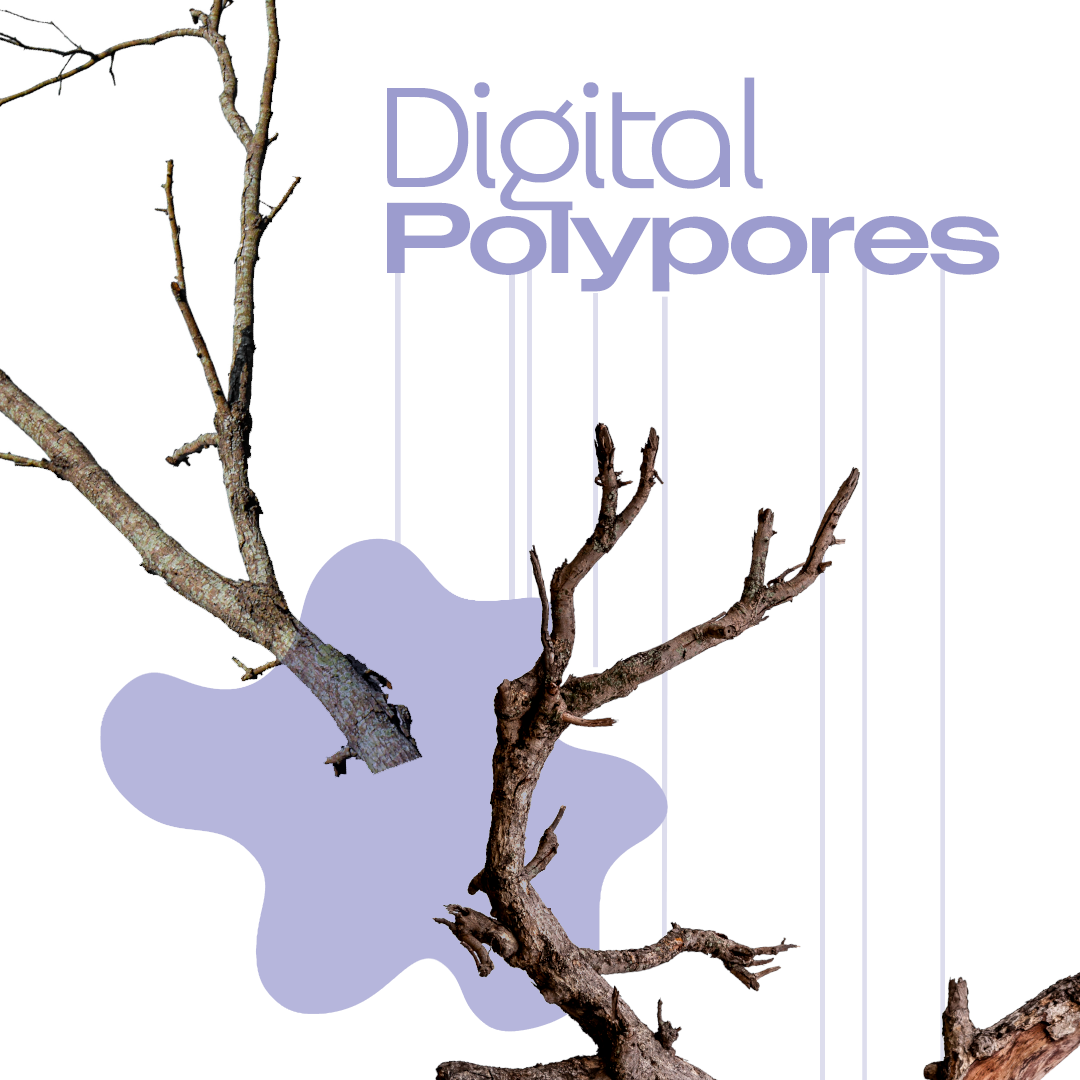
Digital Polypores
Tutors: Joel Stenroos
The Digital Polypores workshop investigates the temporality of building constructs and human-non-human interactions in resource consumption and spatial occupation using digital techniques such as 3D printing and scanning.
As a deliverable, we create a decaying exhibition pavilion by merging natural entities with biodegradable 3D-printed connectors that function as polypores.
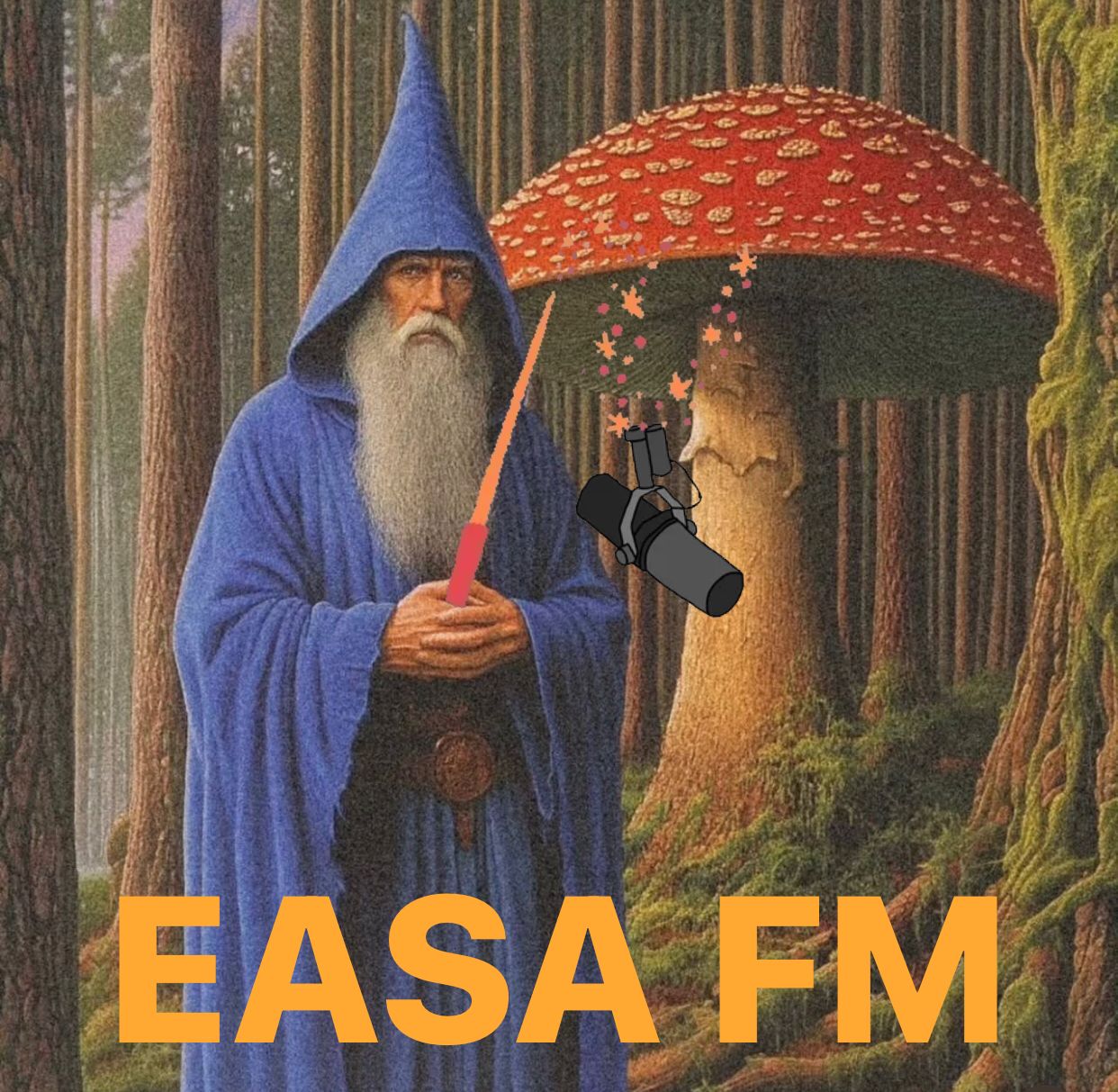
EASA FM
Tutors: Louis Devane, Luke Ellul, Ryan Woods
EASA FM is a temporary radio station that has followed EASA since its conception in 2011. The radio station acts as open platform for anyone involved, or even not involved with EASA to share their talent, thoughts, hopes, impressions, and MUSIC. Together, we will satisfy all your audio desires.
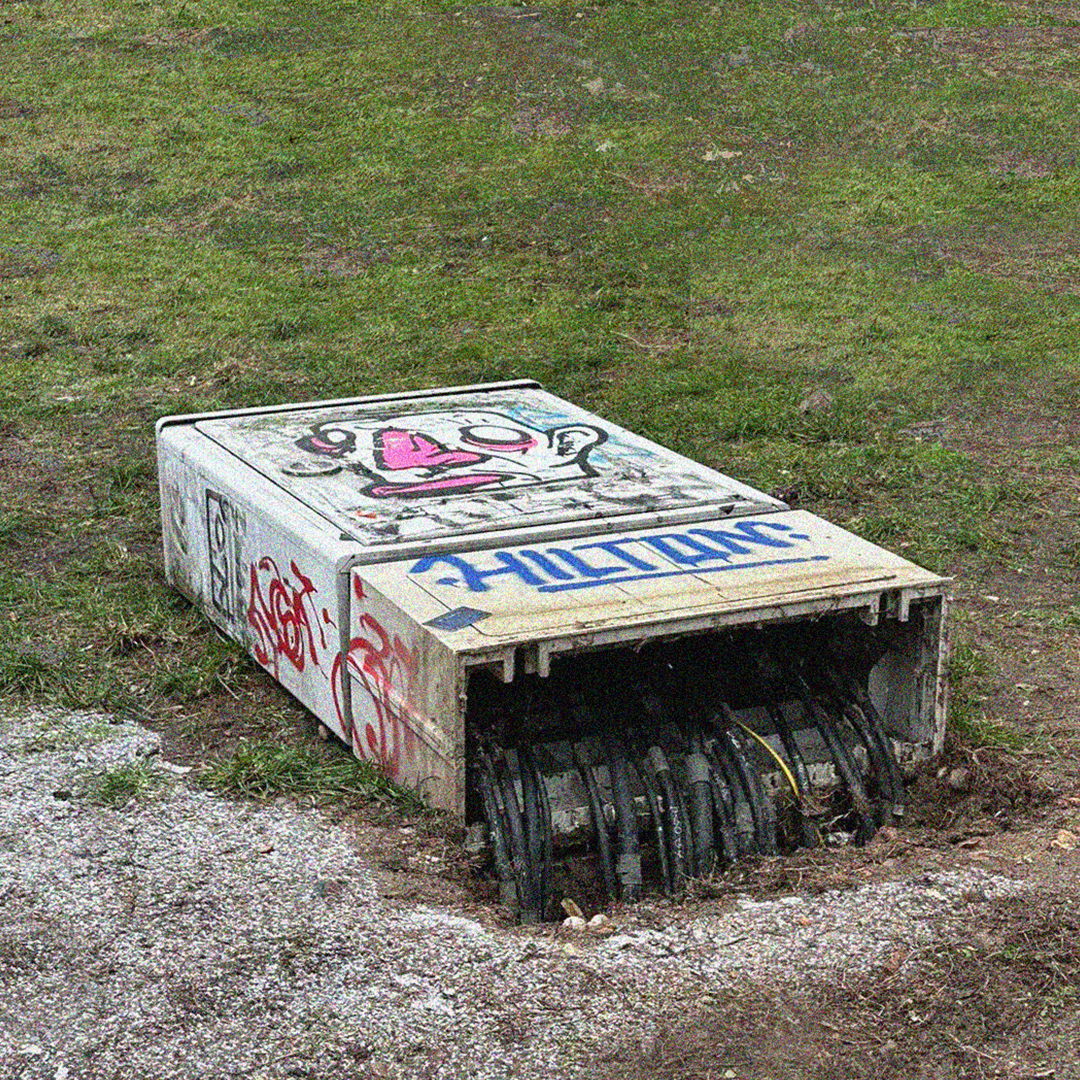
Electricity in Hand and Home and Away
Tutors: Aistė Gaidilionytė, Kamilė Vasiliauskaitė, Madli Kaljuste
What is electricity? How and what does it manifest in various landscapes and private lives? For thousands of years humankind lived without electricity and it is the question for the 21st century – will we survive living with it? How to make it work? How to shut it down?
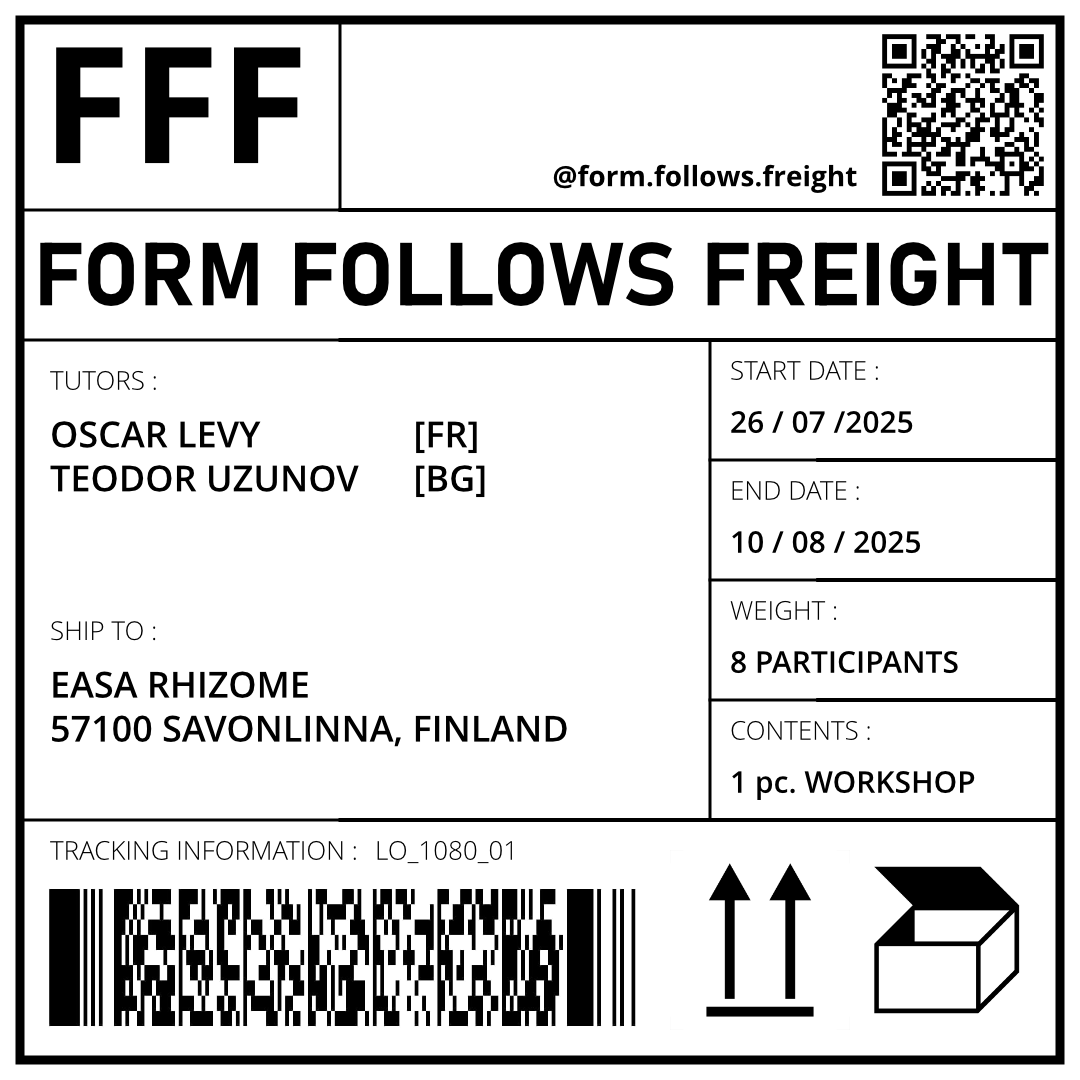
Form Follows Freight
Tutors: Oscar Lévy, Teodor Uzunov
Form Follows Freight explore the often hidden role of storage, logistics and standardization of transport in architecture. Its objective is to build multiple storage units for EASA’s traveling toolbox, while exploring the history and politics of storage infrastructure and standards.
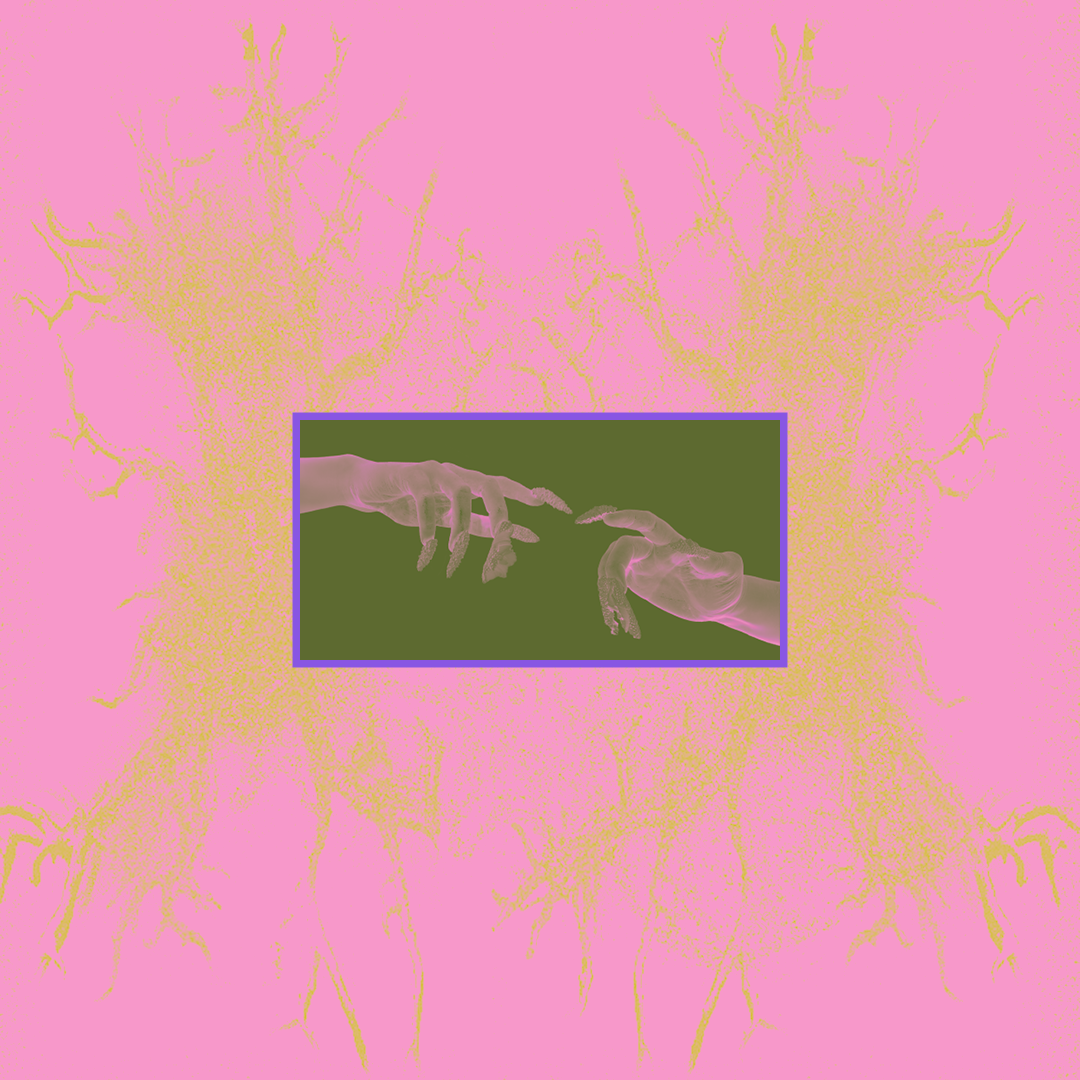
Holla the Wood Fairy
Tutors: Lena Gössel, Johanna Zucker, Sarah Schädler
Exploring nail salons as spaces where care, community and creativity intersect. Experimenting with organic materials to explore our interconnectedness with more-than-human species. Reflecting on the relations of beauty, environment and data through experimental practices and discussions. Creating a space where an organic network of interactions will sprout. Gossiping for the sake of gossip.
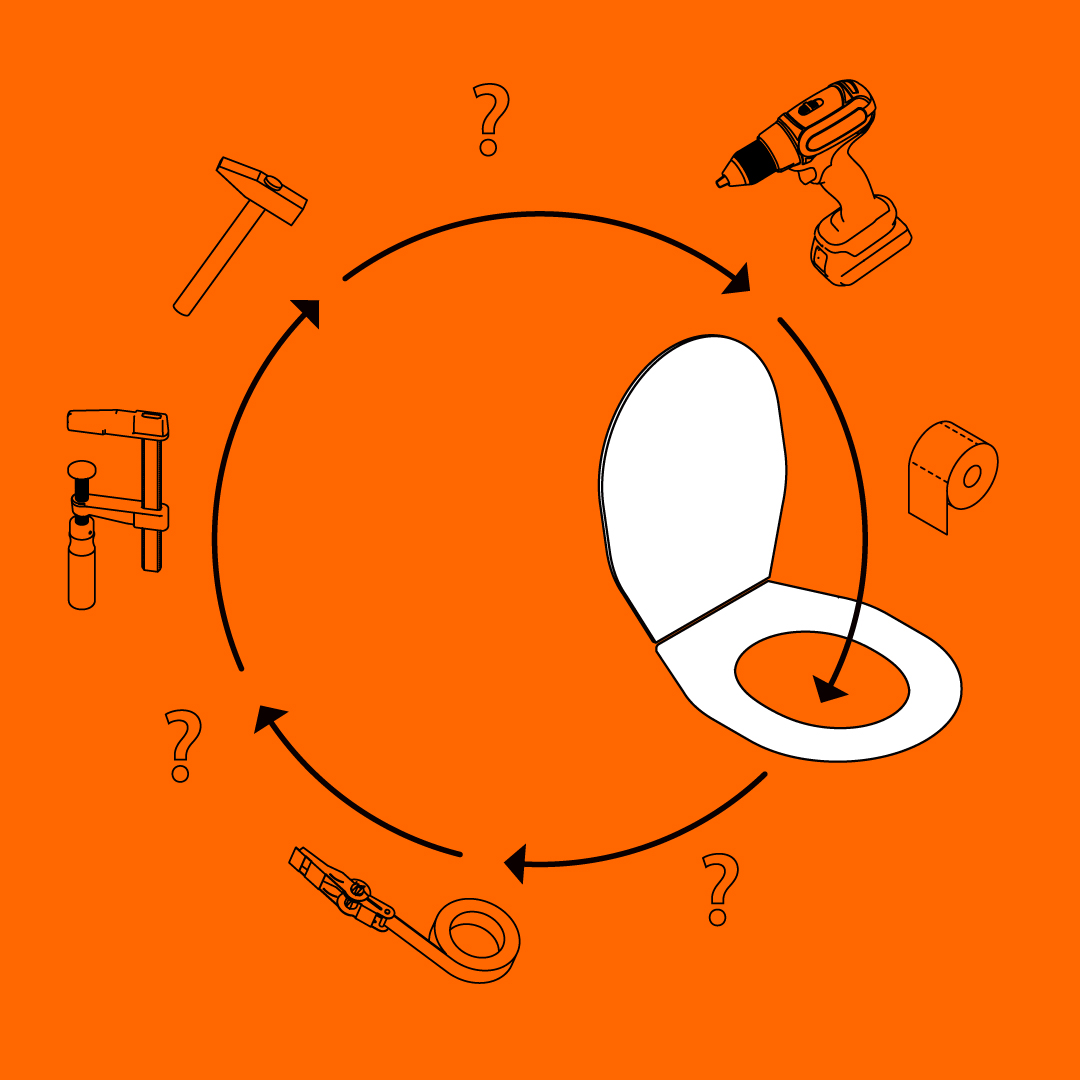
Huussi meets bricolage
Tutors: Jakob Grabher
This design-build workshop focuses on creating dry compost toilets using bricolage methods and circular construction principles. The toilet, as a place for fundamental human needs, is used to discuss values, standards, and global challenges. It is about experimentation in a 1:1 scale with reused and repurposed materials and elements.
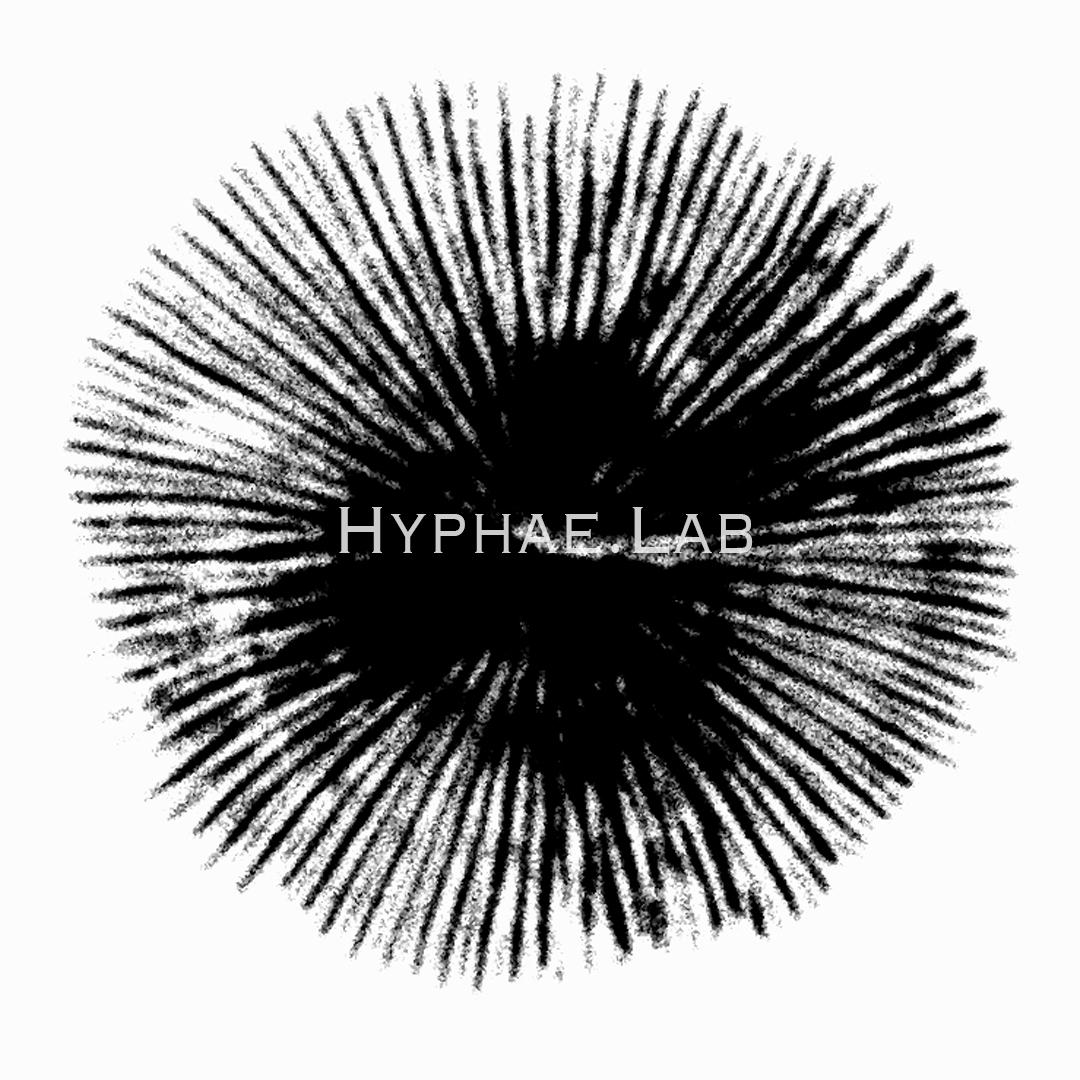
Hyphae Lab: approaches to regenerative solutions
Tutors: Duarte Brito, Irene Giubbini, Ina Pop
Enter the Hyphae Lab, where design is defined by mycelium! Using waste wood, this interactive workshop will explore circular design and mycelium-based construction to co-create a biodegradable community space. The design develops from mycelial growth to full-scale assembly, where we explore circular design, material resilience, and potential of regenerative architecture.
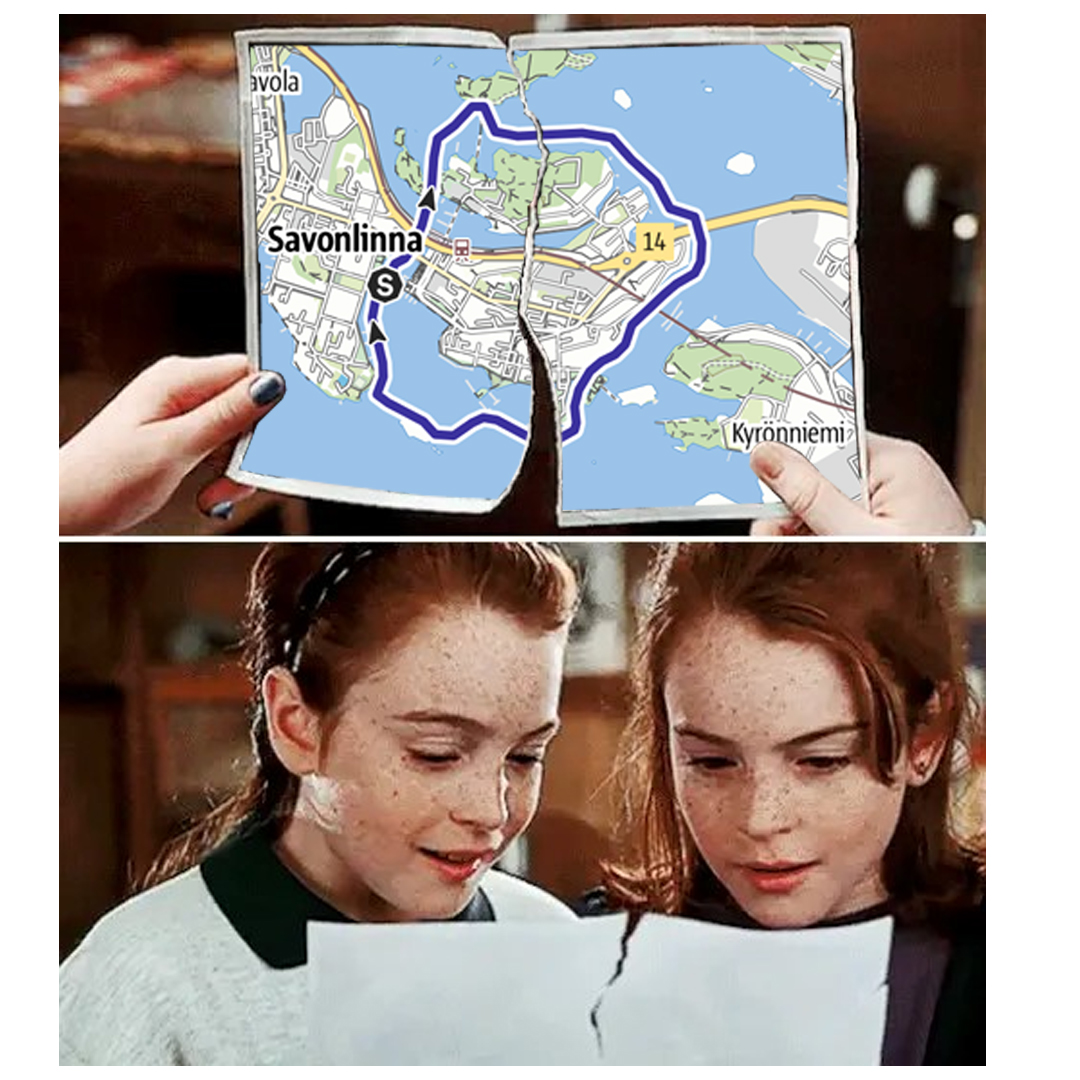
MAP TRAP
Tutors:Nik Solina, Urška Malič
——MAPS LIE. LET’S UNRAVEL THEM——
Ever wondered what’s missing from the maps we trust? What stories, voices, and connections get erased? we’re ripping apart conventional cartography—literally. MAP TRAP uncovers these hidden biases through textile-based mapping. Participants will deconstruct fragments of Savonlinna’s map and stitch them into a collective quilt—an evolving, tactile geography.
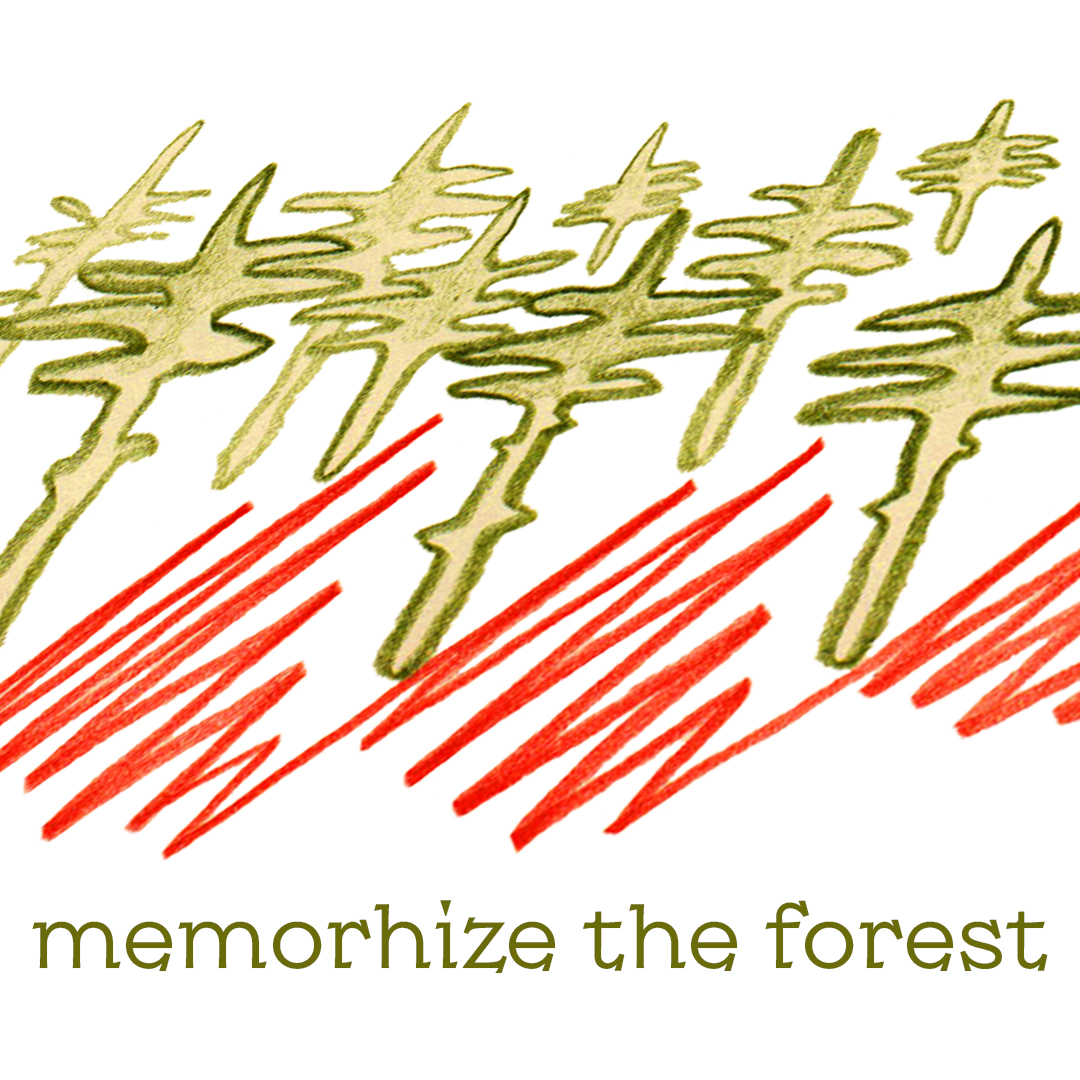
Memorhize the Forest
Tutors: Marynka Dovhanych, Ville Linna
How will we remember the forest when it’s gone?
We discuss the connection between public memory, ecocide, and musical tradition. We listen to the forest attentively, and explore primitive musical practices to transform them into a sound sculpture of a shared memory.
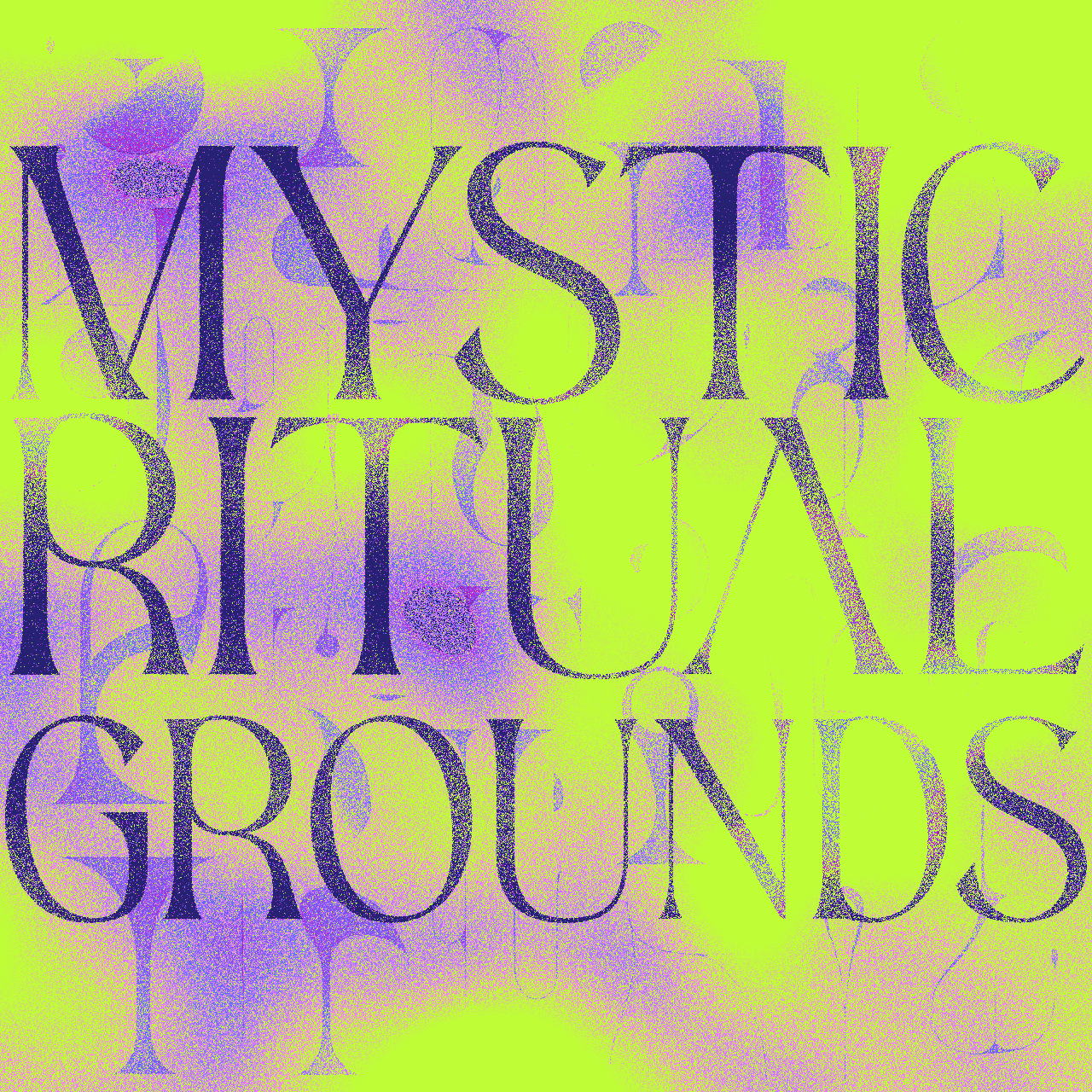
Mystic Ritual Grounds
Tutors: Doğu Tonkur, Arda Aslan, Betül Anıker, Arın Aydın
This workshop rewires space-making through the lenses of mysticism, trickery, and the rhizome. From divination diagrams to speculative geographies, participants will hunt for hidden narratives, craft talismans, and decode the landscape’s unseen forces. Merging architecture with ritual, we’ll trade blueprints for spells, maps for myths, find meaning in the unpredictable.
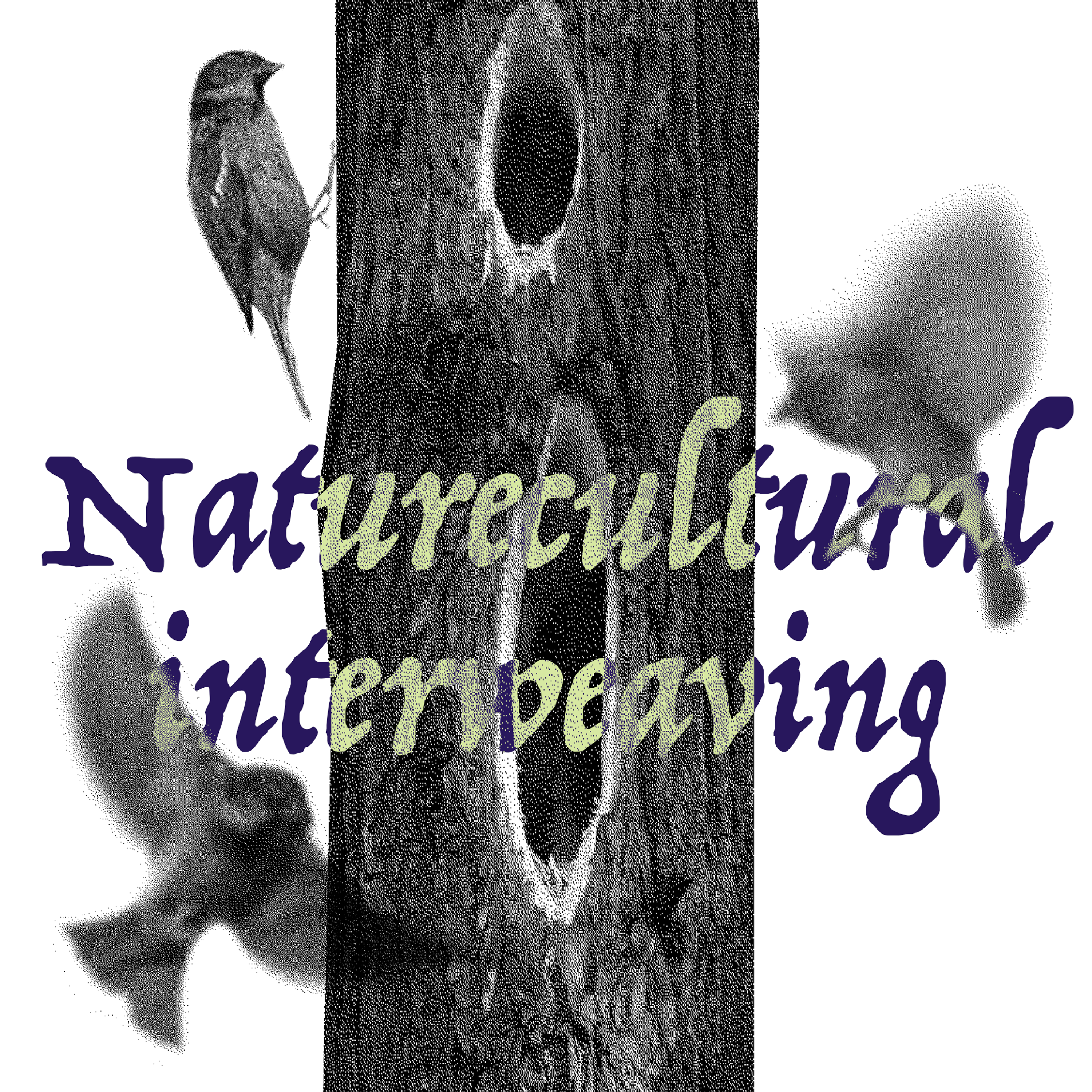
Naturecultural interweaving
Tutors: Natalia Drożdżowska, Kathleen Diémé, Eveliina Kunnaton
How have human and more-than-human relations, past and present, shaped the landscape of co-existence in Lehtiniemi? By engaging with the entanglements and temporalities of this landscape, we aim to build material and immaterial responses to being in relation with the countless unseen others who sustain us.
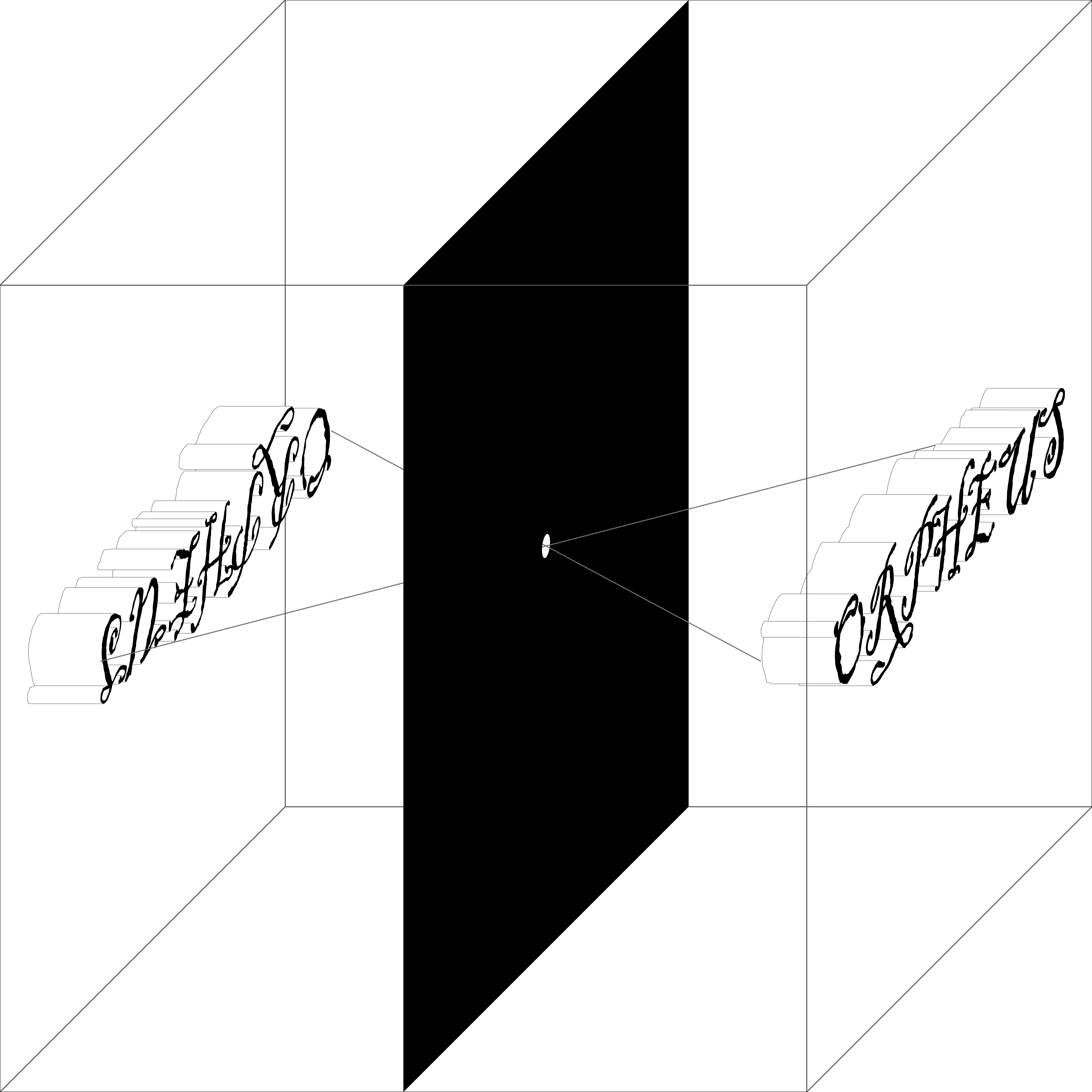
Orpheus
Tutors: Denys Horodnyak, Enzo Zak Lux
In a world where nature is increasingly shaped by mankind, how can we trust our perception? Like Orpheus losing Eurydice, our desire to look may deceive us. This workshop challenges the innocence of seeing, proposing an intervention to alter how we observe and engage with the environment.
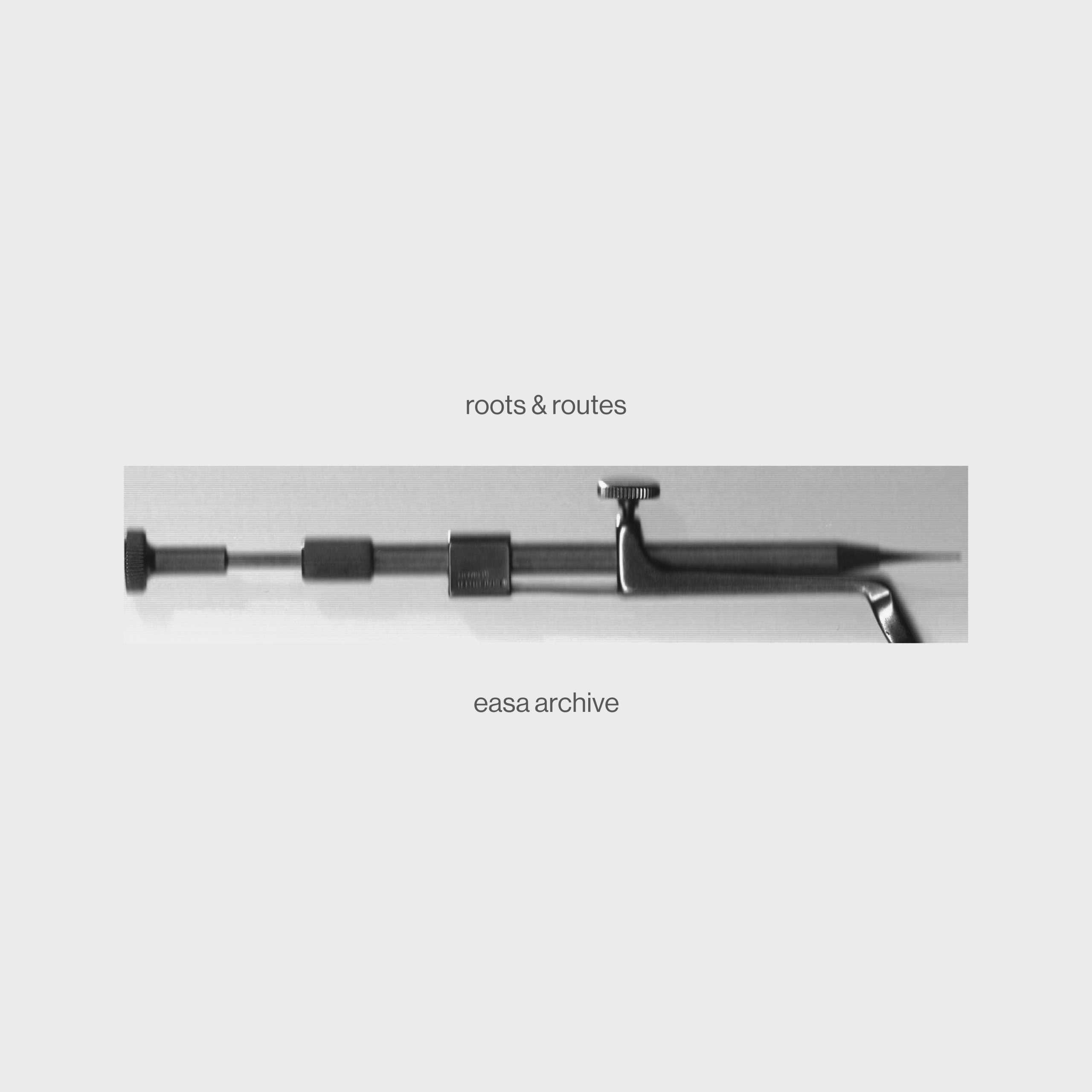
Roots & Routes: Mapping EASA’s Archive Ecosystems / Network Landscapes
Tutors: Angela Krstevska, Ulrike Fiebig, Boško Ristić
The EASA Archive documents an organization has evolved organically over 45 years, developing in the process a rhizomatic network that functions in opposition to traditional organizational systems. Therefore, our work situates itself at the convergence of archival practice and information systems, focusing on how elements exist simultaneously across multiple contexts and relationships, resisting reduction to singular categories.
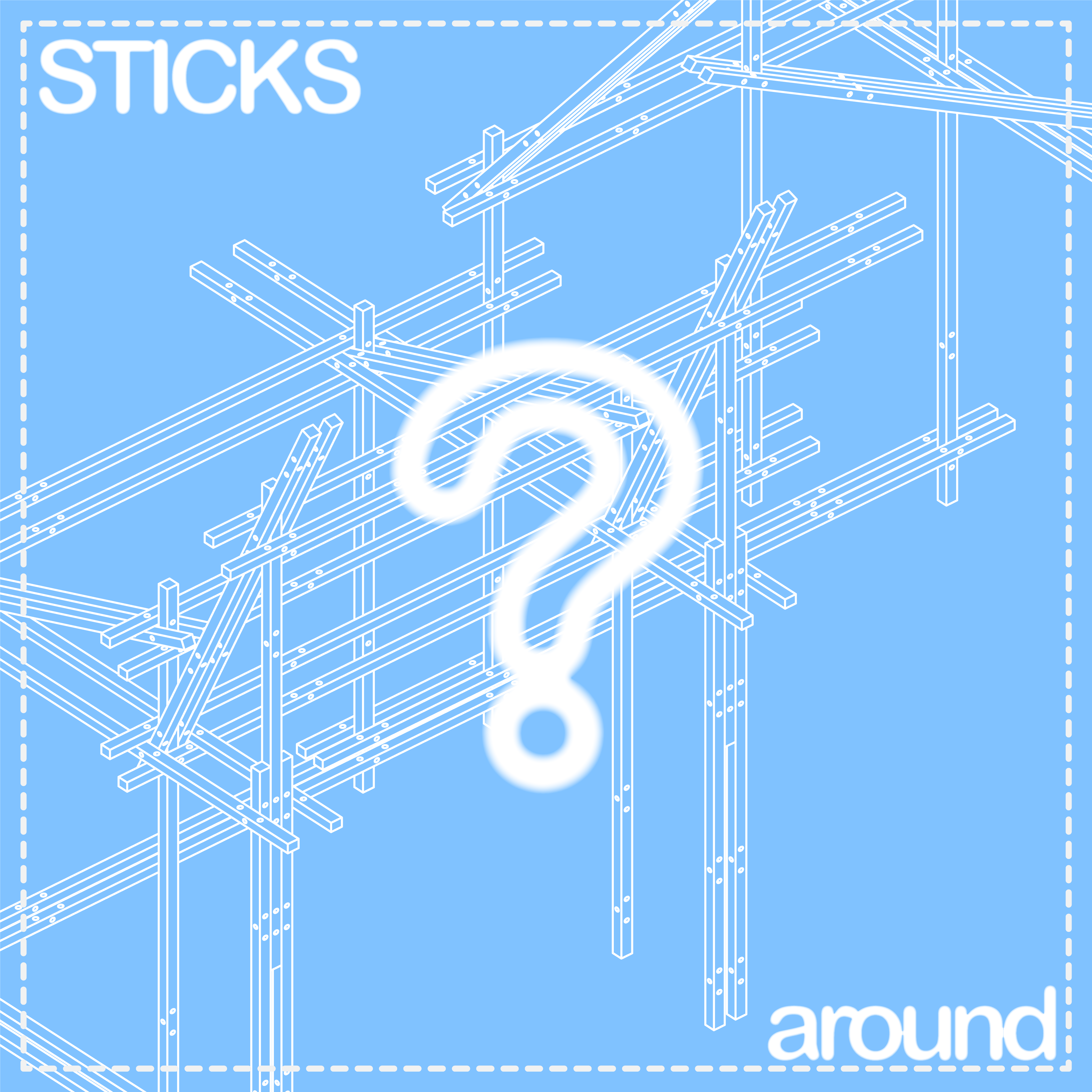
STICKS around
Tutors: Sabīne Asere, Santa Ozoliņa, Tils Zigmunds Ozoliņš, Mārtiņš Sarvuts
How can a structure remain in constant change? Let’s embrace the fluid nature of space-making, where construction is a dialogue between material, movement, and time. Through research, hands-on work, and collaboration, we’ll combine material knowledge and spatial flexibility to create an wooden object that exists between land, water, and movement.
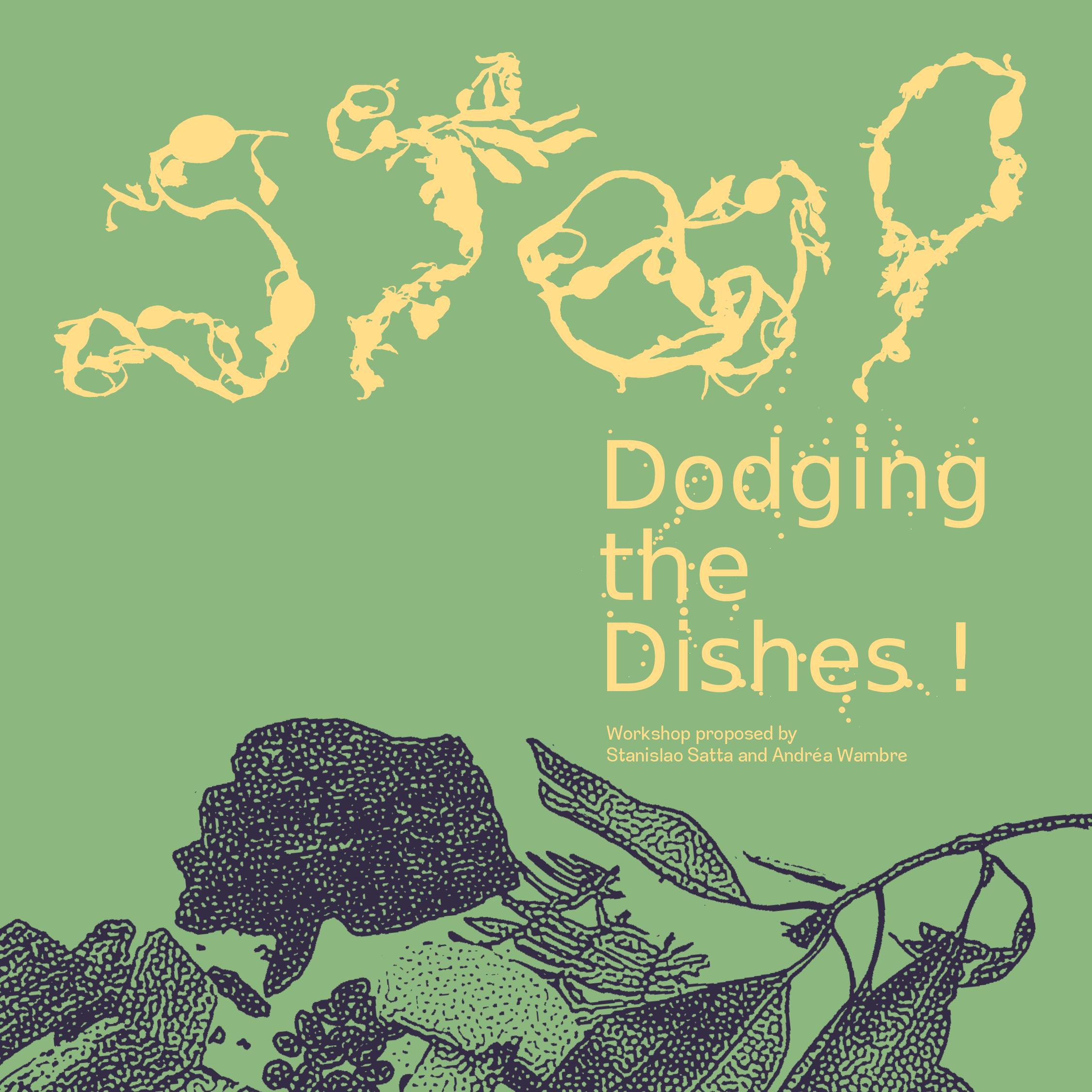
Stop Dodging the Dishes !
Tutors: Andréa Wambre, Stan Stanislao
“Stop Dodging the Dishes!” proposes to develop a new way of thinking through the construction of a greywater waste treatment by ourselves. The idea is to use the water of the lake to wash our dishes and clean it through different steps to give back to the lake.
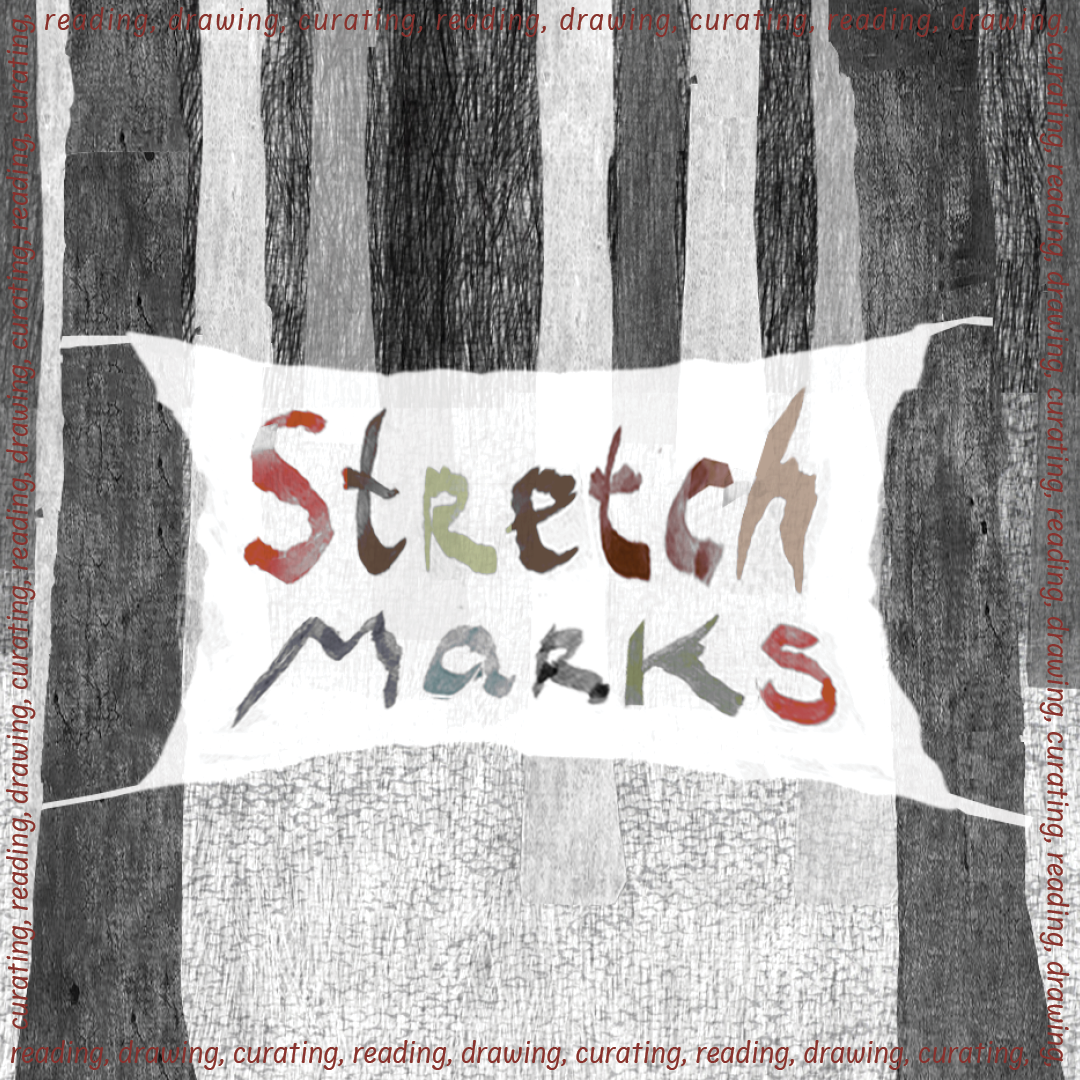
Stretch marks
Tutors: Indigo Leveson-Gower, Eve Nixon, Calum Montgomery
Reading, Drawing, Curating.
‘Stretch Marks’ moves through the forest, cycling through three practices which explore our relationship to the environment around us. We will investigate ecologies specific to the site by foraging to create natural dyes and pigments. Our canvas, marked with these dyes, will be a specific record of this investigation – what we have done and where it took place.
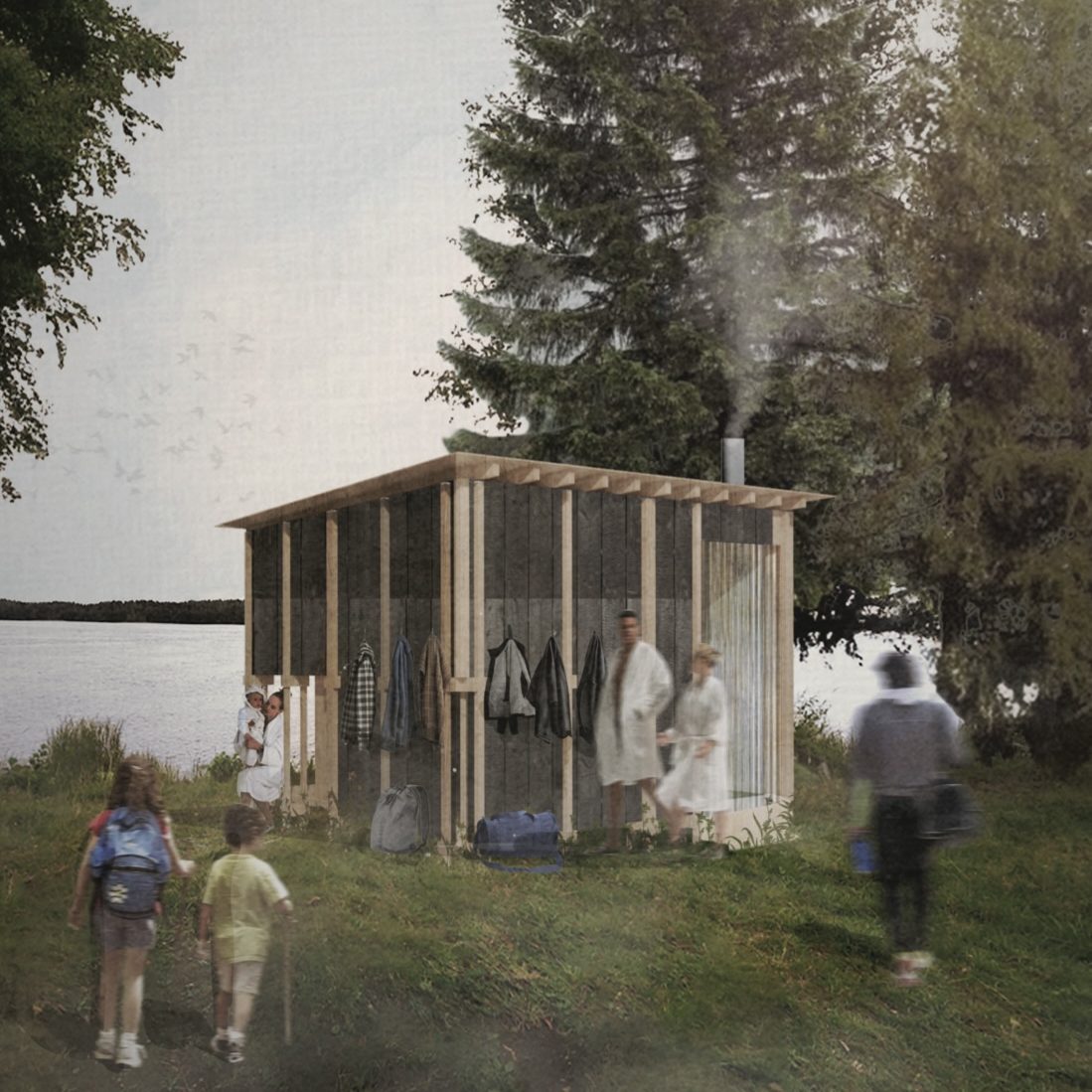
Sweat & Stories – The Rhizomatic Hearth
Tutors: Rory Staunton, Matthew Borne, Thomas Tsiantar
The Rhizomatic Hearth workshop embodies rhizomatic thinking not only in its construction process but also in its simultaneous engagement with multiple themes. Rhizome and Seanchaí. By intertwining these two concepts, the workshop demonstrates that rhizomatic structures are not confined to a single trajectory but instead allow for a multiplicity of narratives, materials, and processes to evolve in parallel.
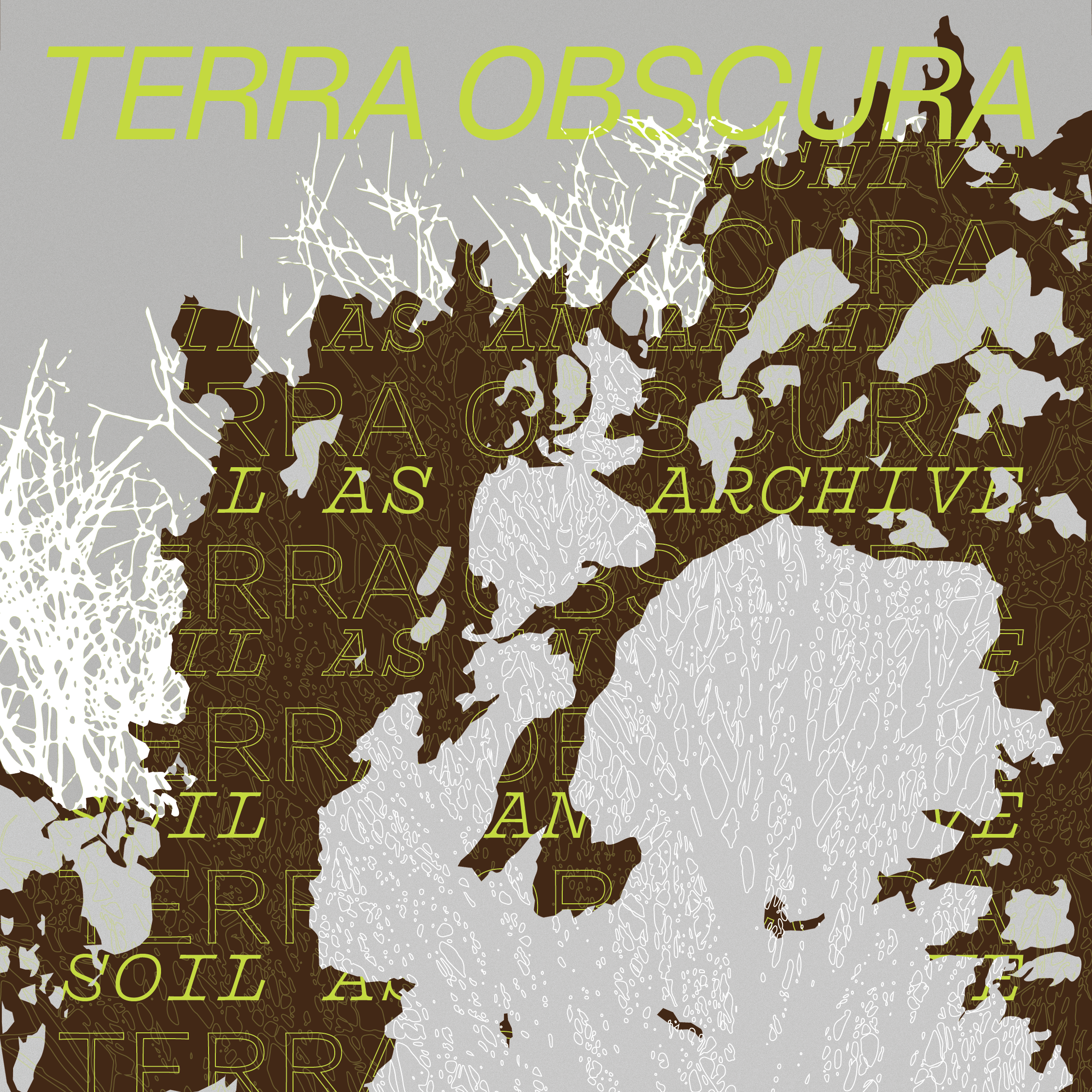
Terra Obscura [soil as an archive]
Tutors: Aysın Ekin Altınöz, Işıl Yücel, Mübeccel Kaya
We owe to space everything we take from it. All work dissipates over time, forming another landscape—a landscape that grows, tells, and entangles us in a process of becoming-with.
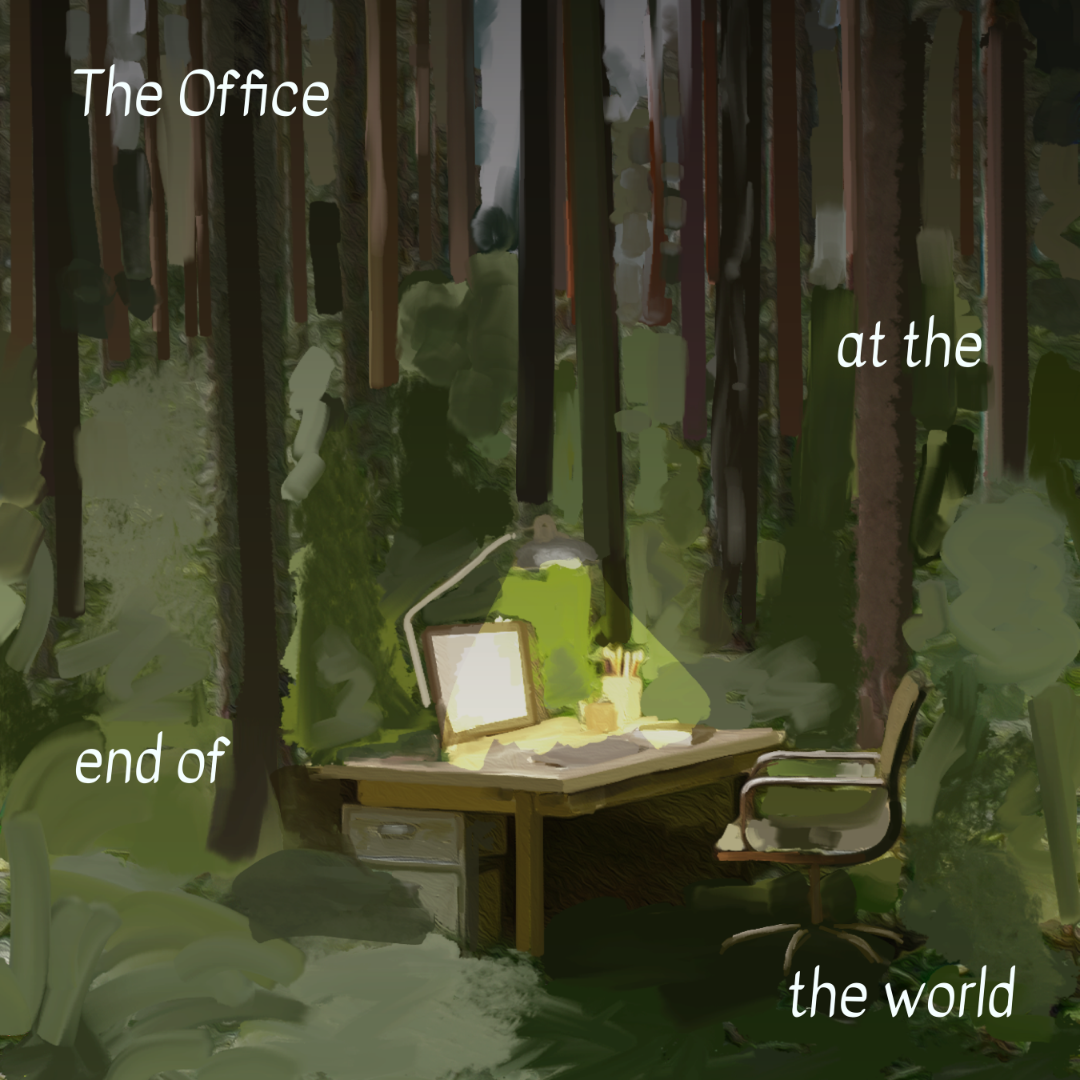
The Office at the End of the World
Tutors: Iben Møller, Kaisa Hjorth, Kristensen, Oliver Prag
Welcome to the open-plan headquarters of synergy, scalability, ambition and exhaustion. The Office at the End of the World is a place where ideas are disrupted, performance is optimized, your inbox fills faster than your thoughts, and your blood type is caffeine. And guess what? You’re already hired.
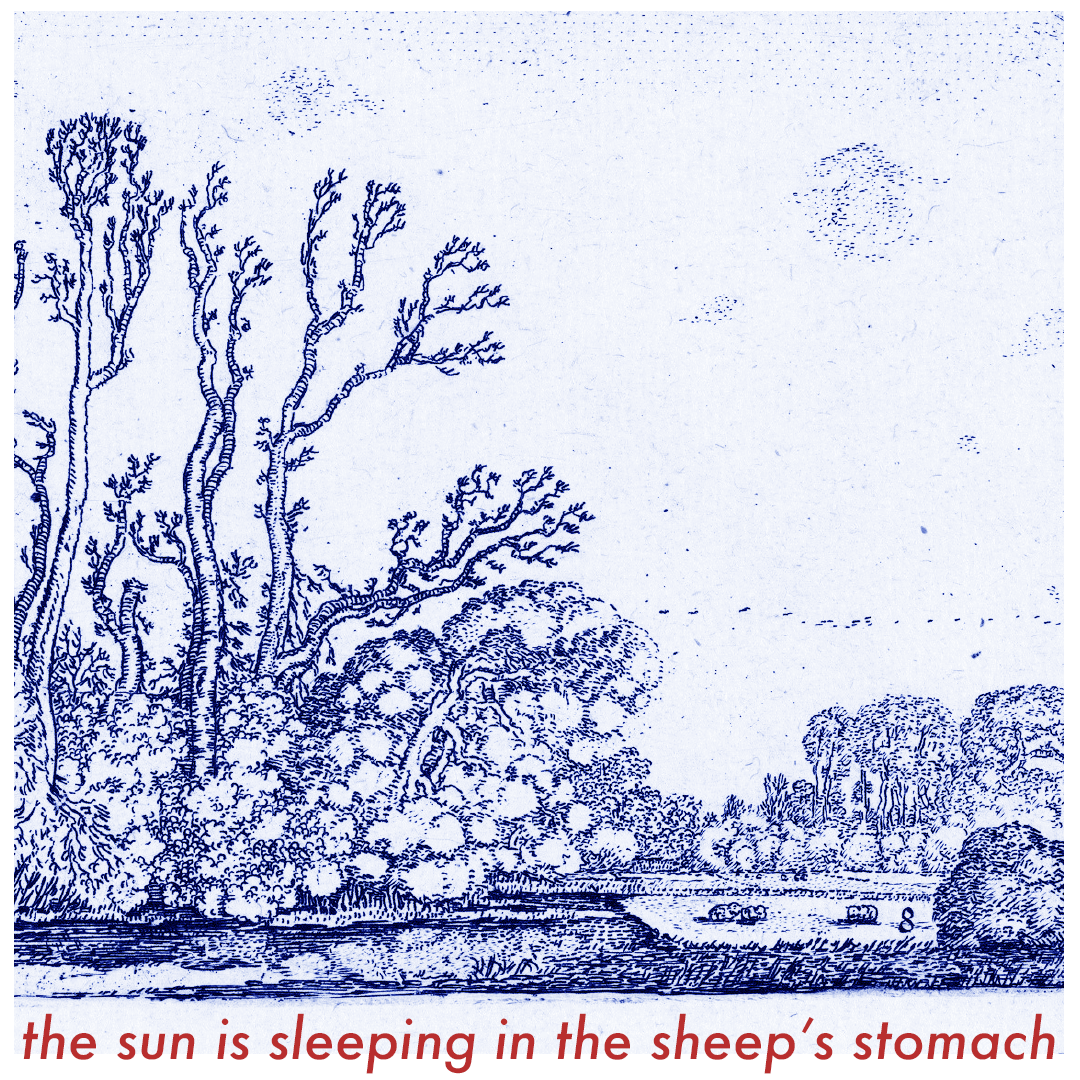
the sun is sleeping in the sheep’s stomach
Tutors: Ella Prokkola
Tracking the myriad lives and lifeways forming the disappearing typology of landscapes assemblages known as traditional biotopes, the workshop examines these landscapes as artefacts created through choreographies of domestication and more-than-human companionship. Through fieldwork, reading groups and experimental mapping, the workshop unfolds the patterns and temporalities of interdependence, cohabitation, care and consumption in the pastoral landscapes of Etelä-Savo.
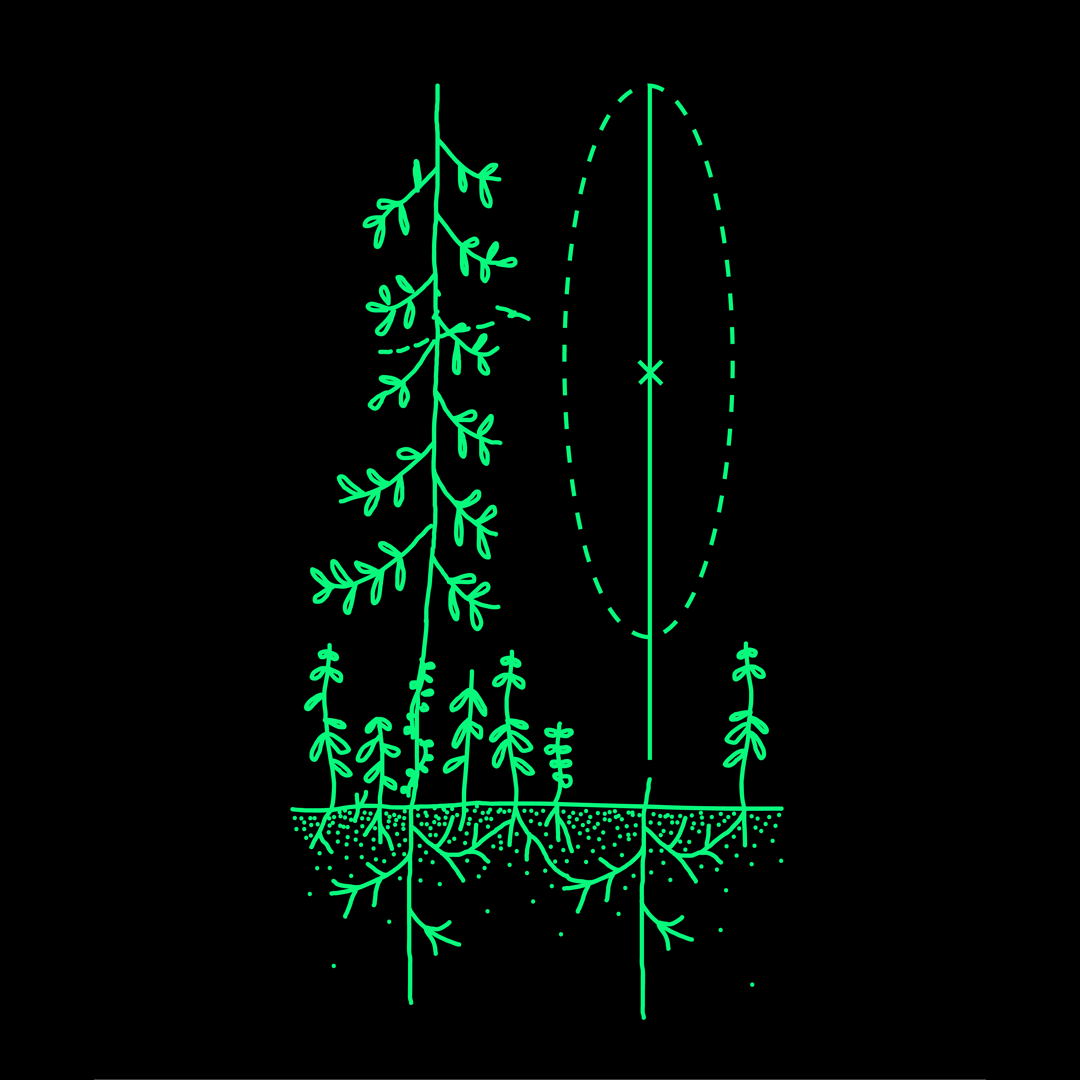
Timber Cruising in the Chthulucene
Tutors: Robbe Pacquée, Thomas King
This workshop investigates material cultures of forestry in the Finnish Lakeland. Combining theoretical explorations, ‘timber cruises’—forest excursions to document and represent tree stands—and a collective tree harvest, the course provides participants with an opportunity to interrogate extractivist material sourcing and enact a more abundant and ecologically collaborative tree harvesting practice.
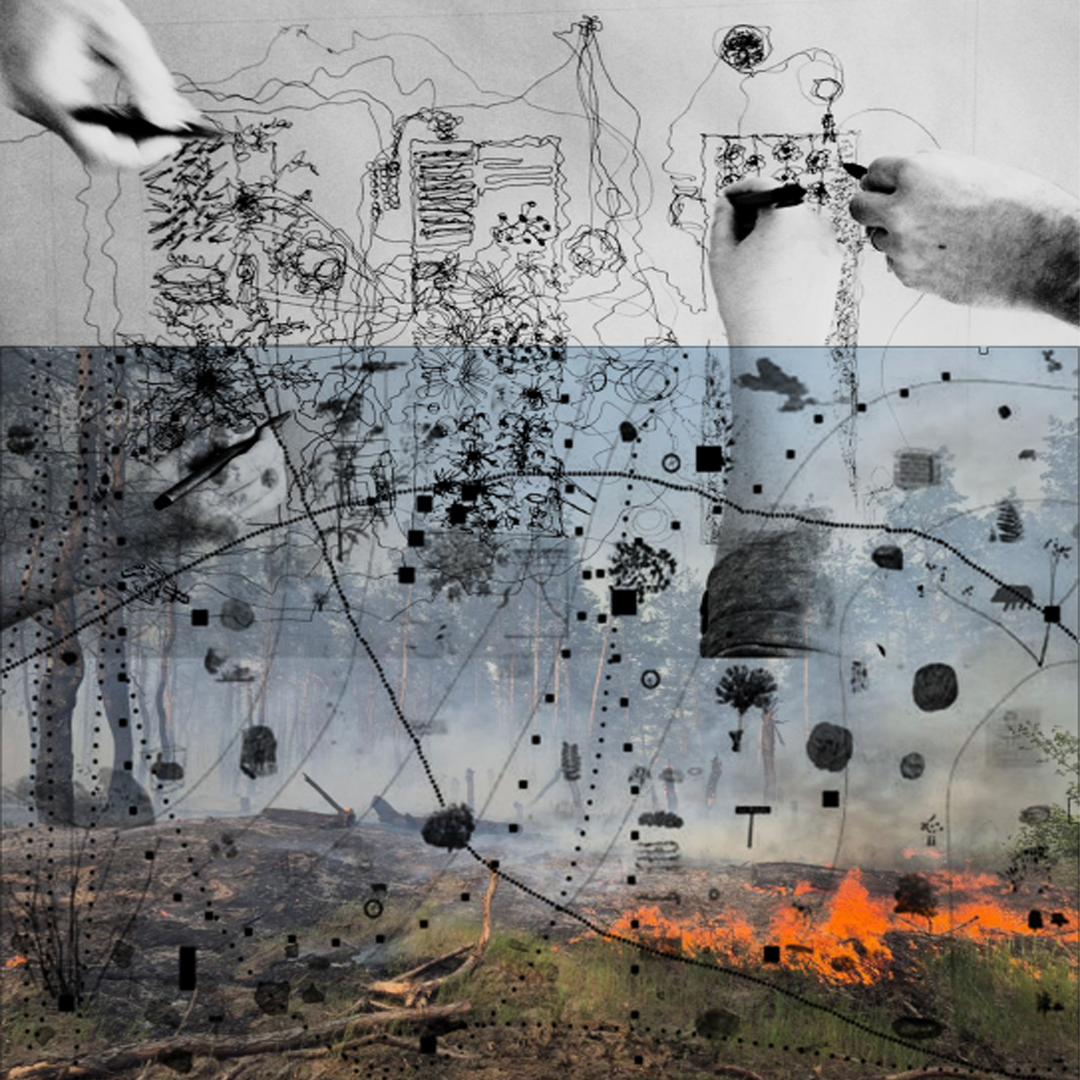
Tracing the Unseen
Tutors: Liza Goncharenko
The workshop explores artistic mapping, drawing, and performative storytelling to visualize rewilding in war-affected landscapes. Using a Finnish forest as a speculative twin for Ukrainian site, participants create a multispecies cartography—an immersive artwork reconstructing lost or future ecologies through collage, montage, and experimental mapping, responding to war’s ecological destruction.
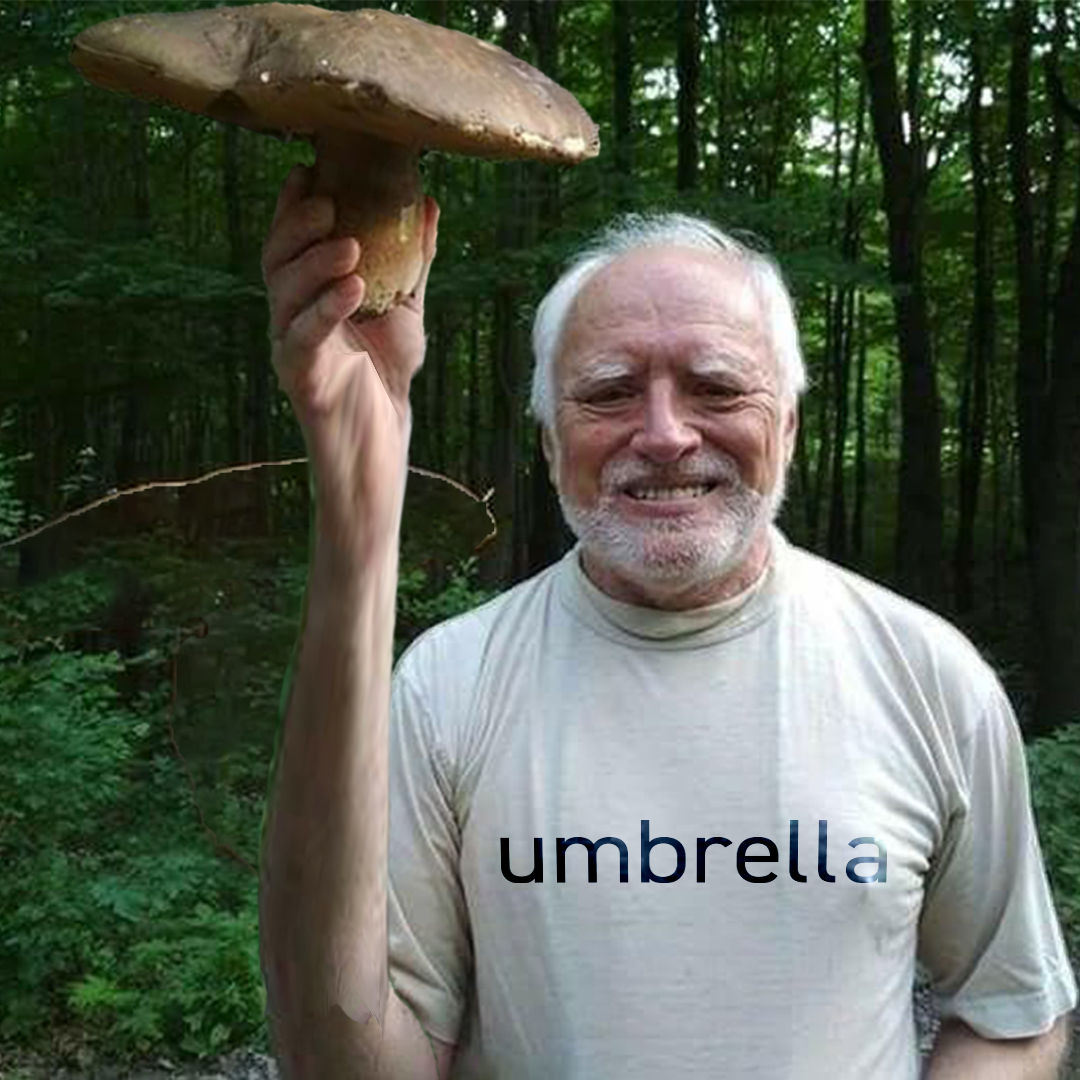
umbrella
Tutors: Izabela Niepokój, Basia Poniatowska, Matylda Wolff
Umbrella folds paper into shapes, some resembling an actual umbrella, writes words onto it, prints pictures, leaves its steps on it, describes how you feel in EASA, sometimes without scribing even. This years umbrella is about movement of information within a rhizomatic structure.
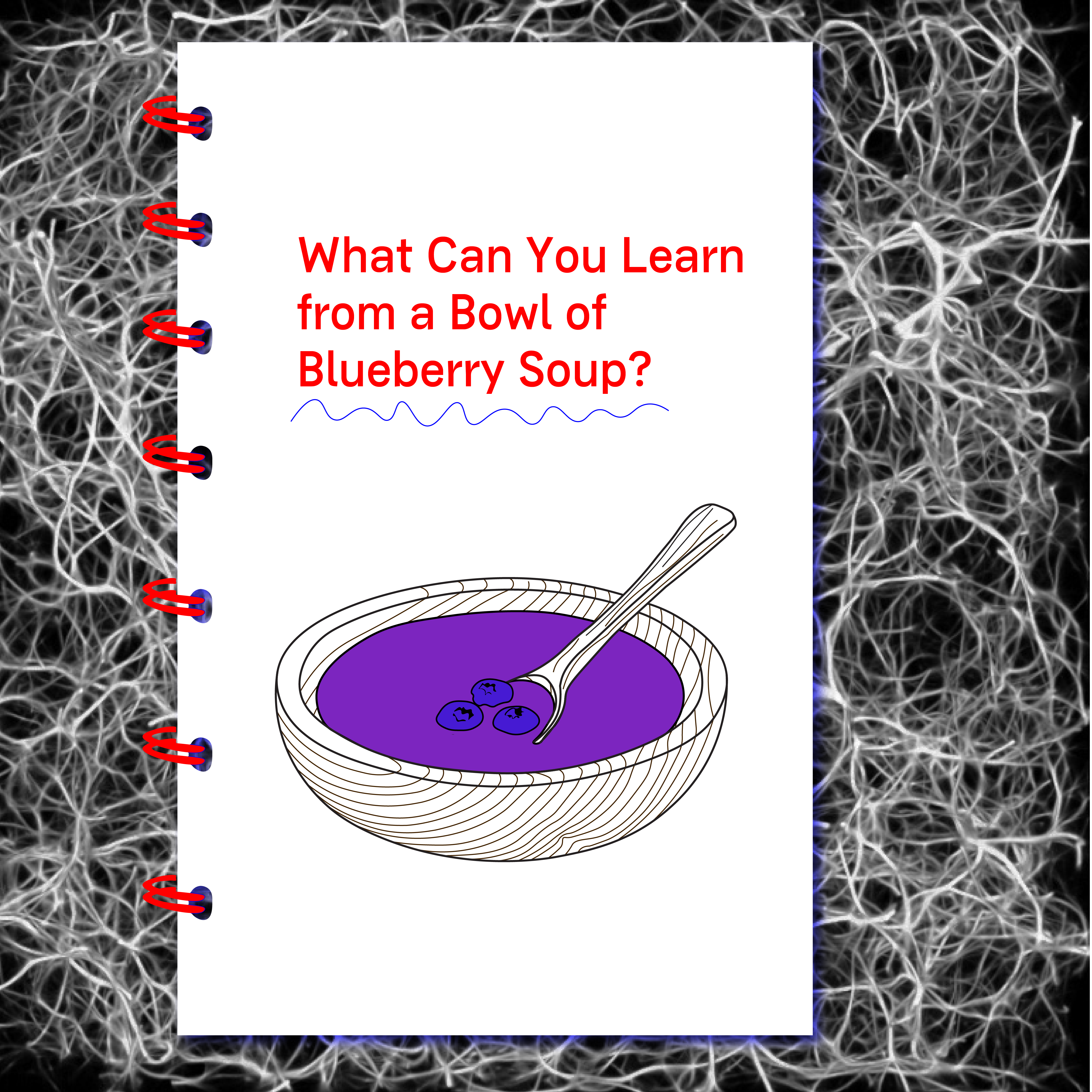
What Can You Learn from a Bowl of Blueberry Soup?
Tutors: Lisa Sawada, Ida Amati, Sophia Bygballe
In this workshop we set out a seemingly simple task: to make a bowl of blueberry soup. Through foraging, crafting, and questioning, we trace a path from forest to bowl. Together, we’ll write our own recipe for blueberry soup—one that holds more than just berries.
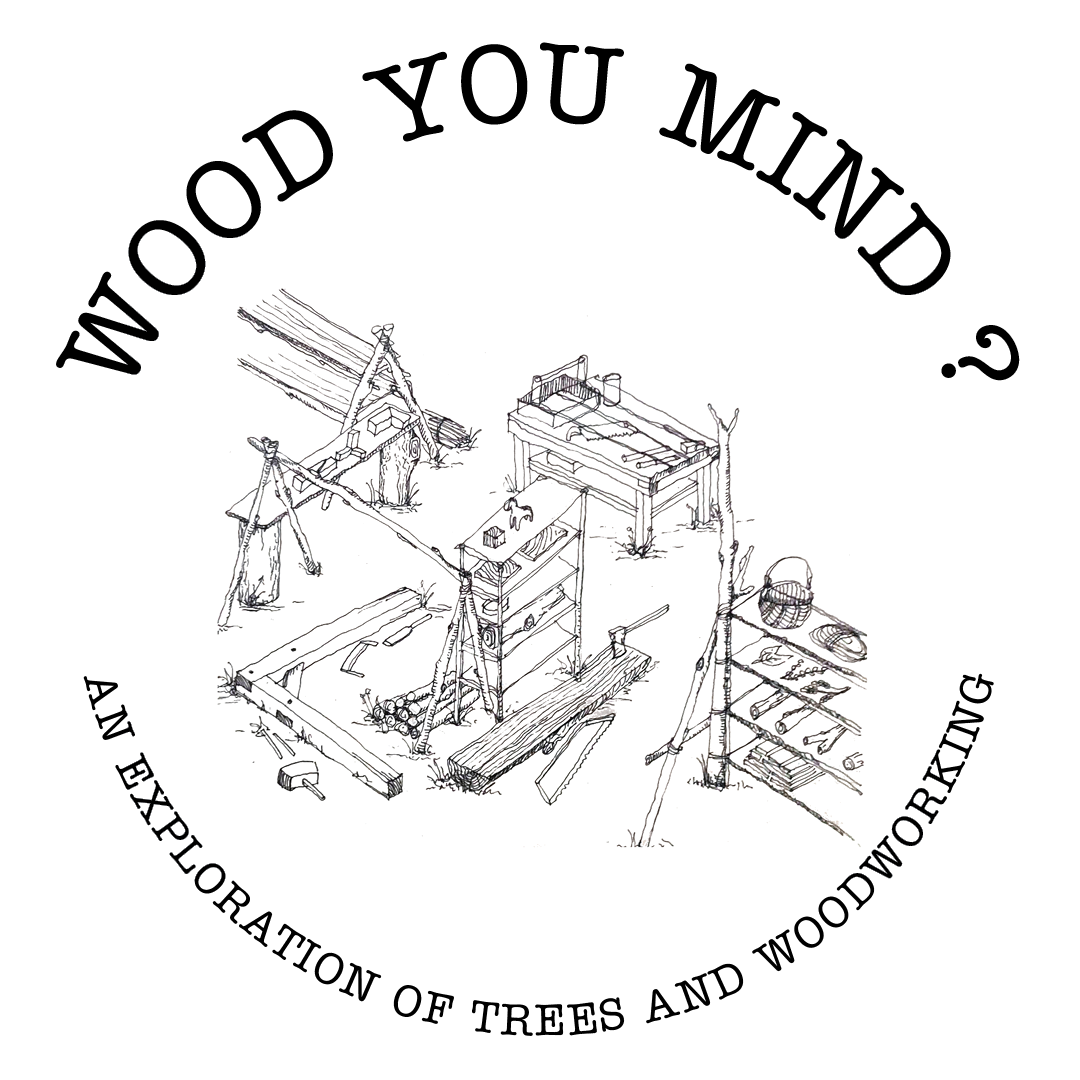
Wood you mind ? an exploration of trees and woodworking
Tutors: Johan Reeh, Daniel Cserhati
The workshop ”Wood you mind?” will explore wood, joinery and carpentry through three phases: a biological and sensitive understanding of wood in its natural environment, practical joinery techniques and materiality, and finally a reflection on industrial processes and its impacts on the craft. Let’s join together (with) wood!













